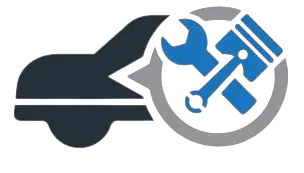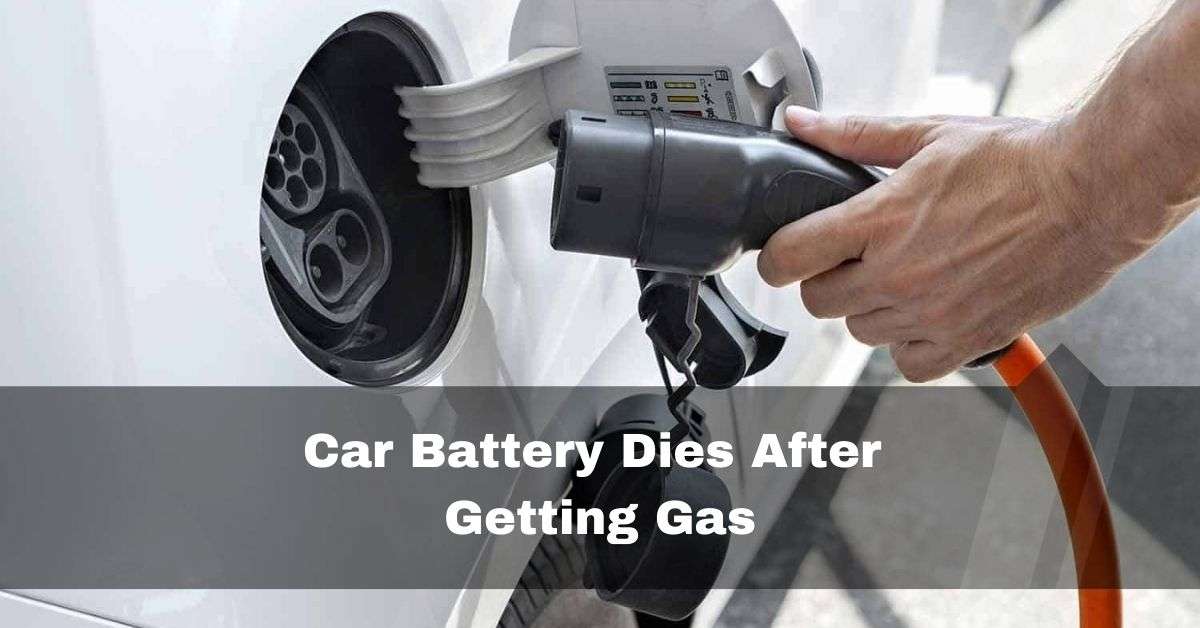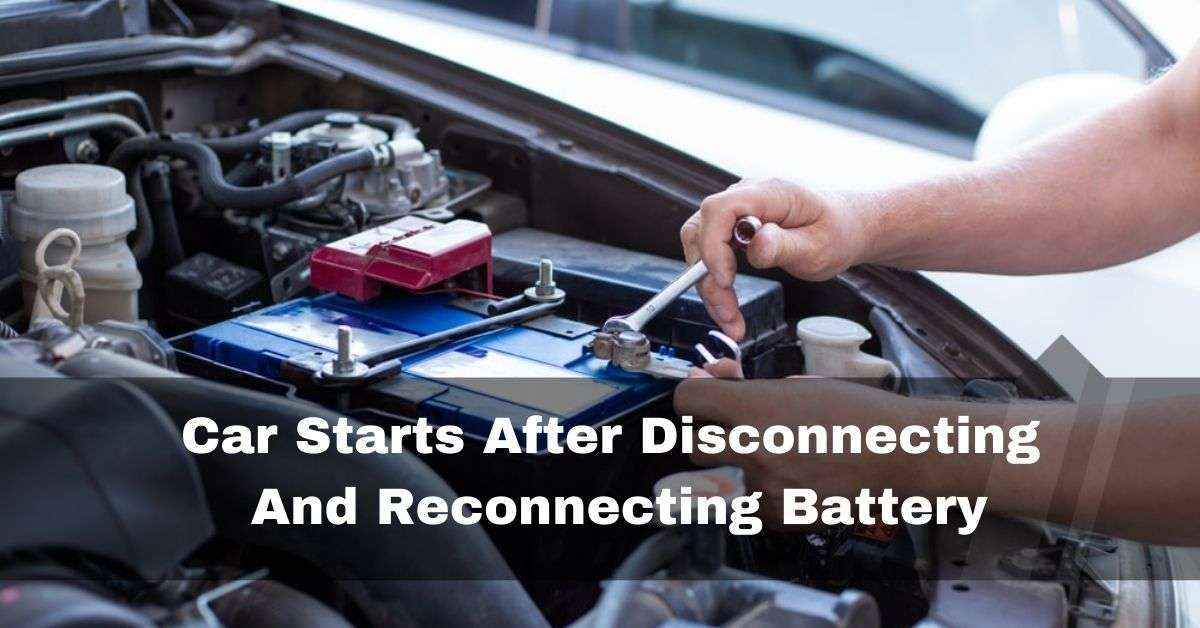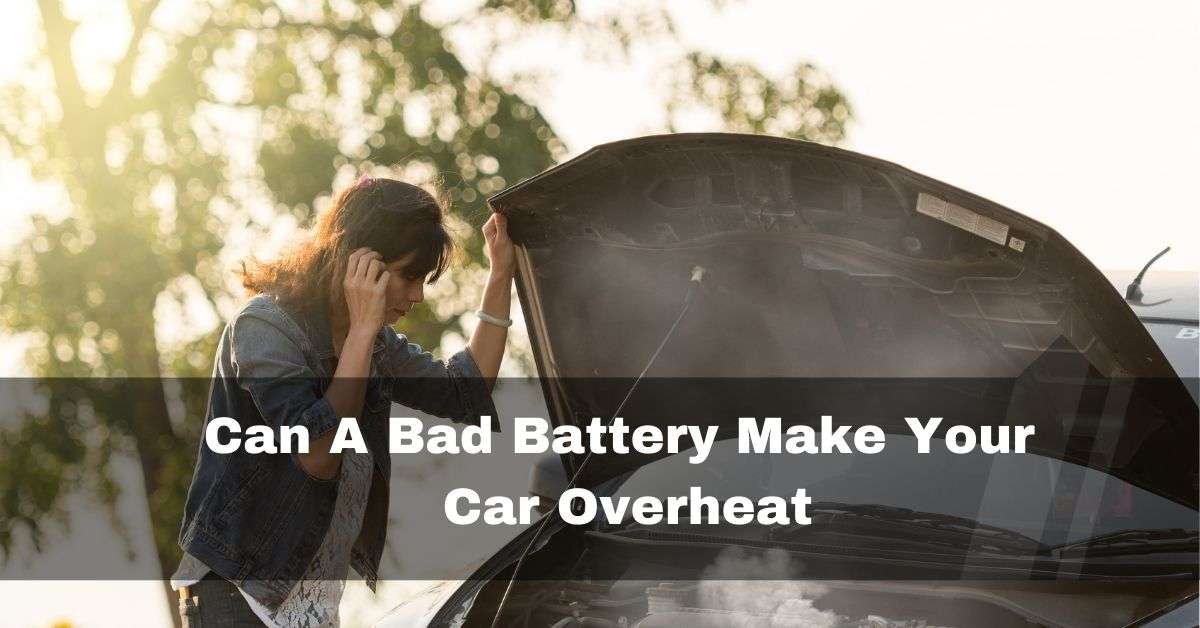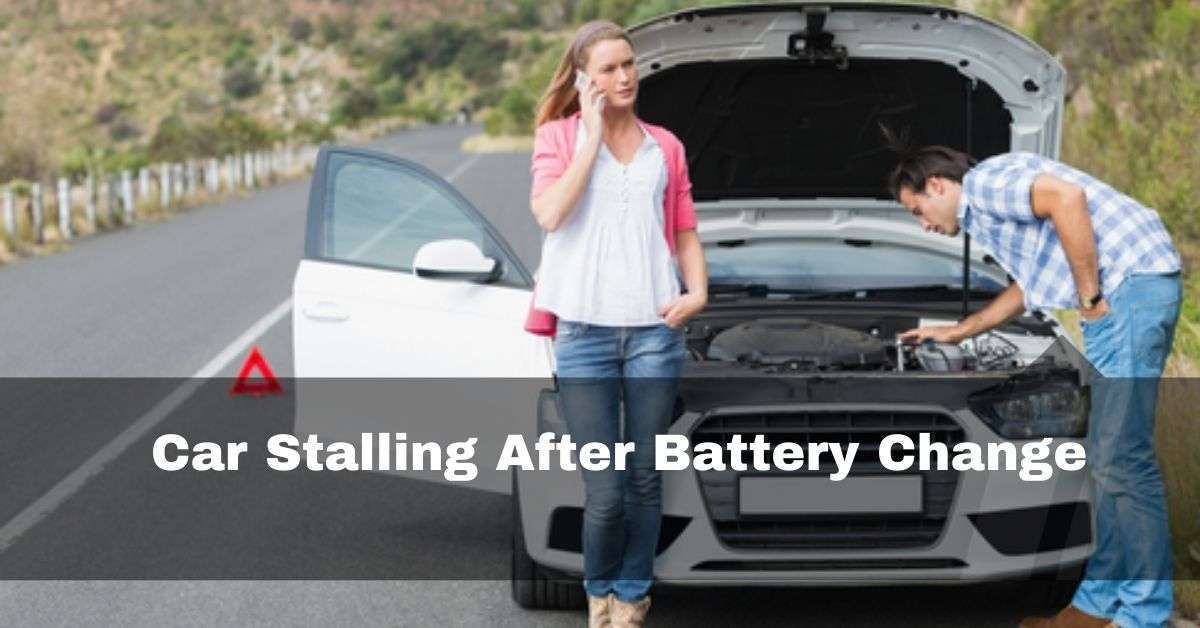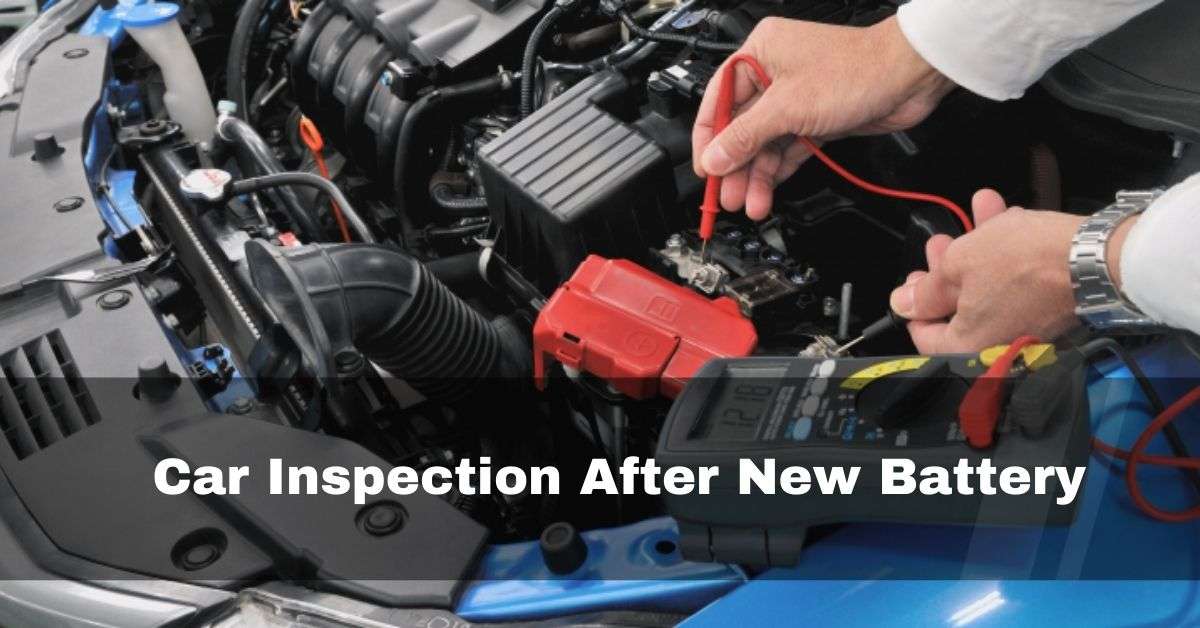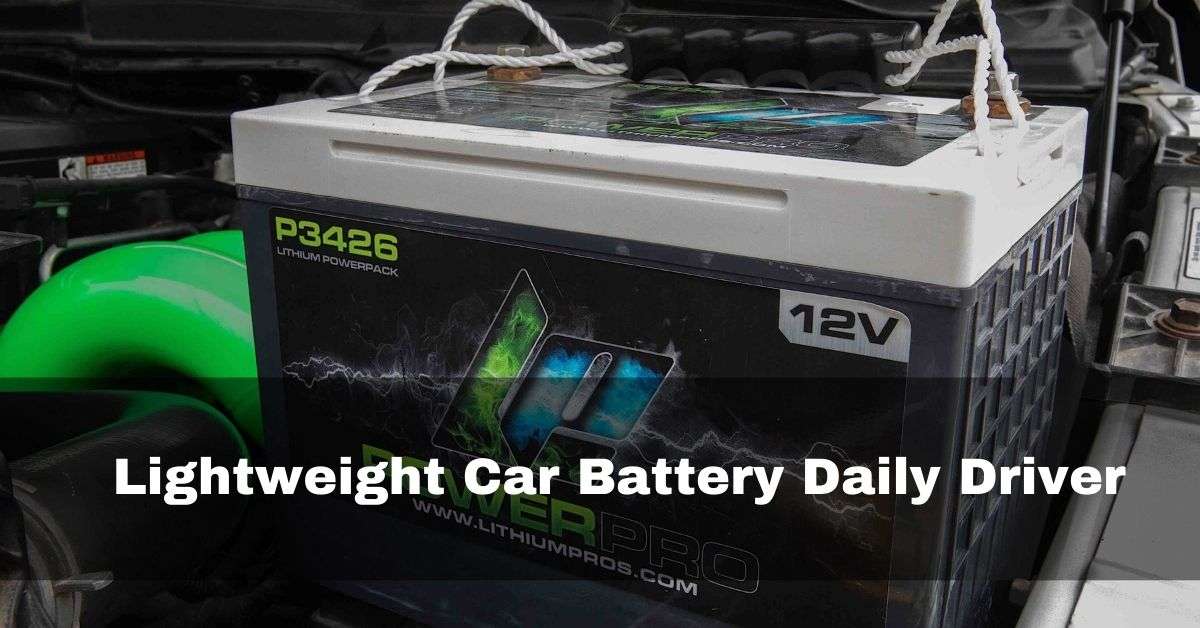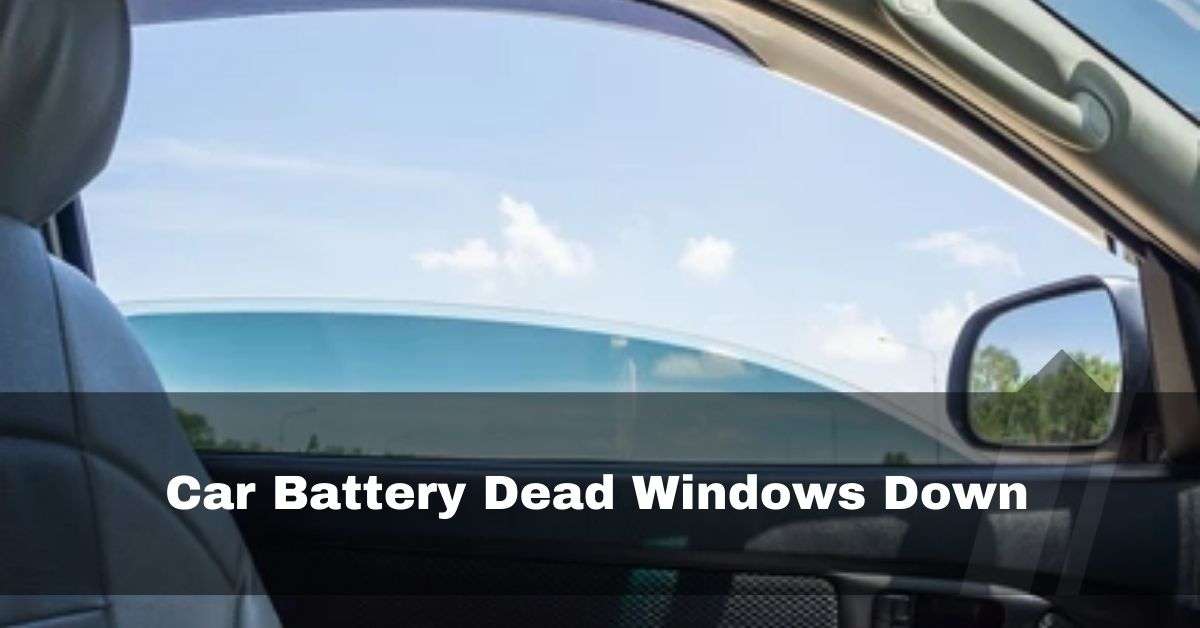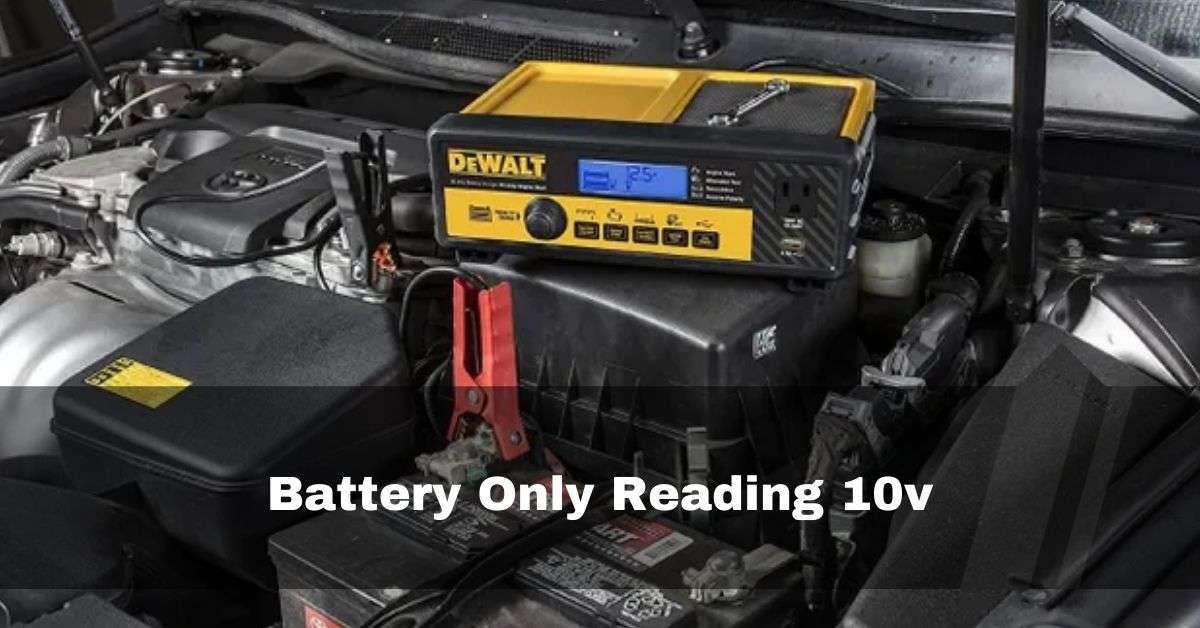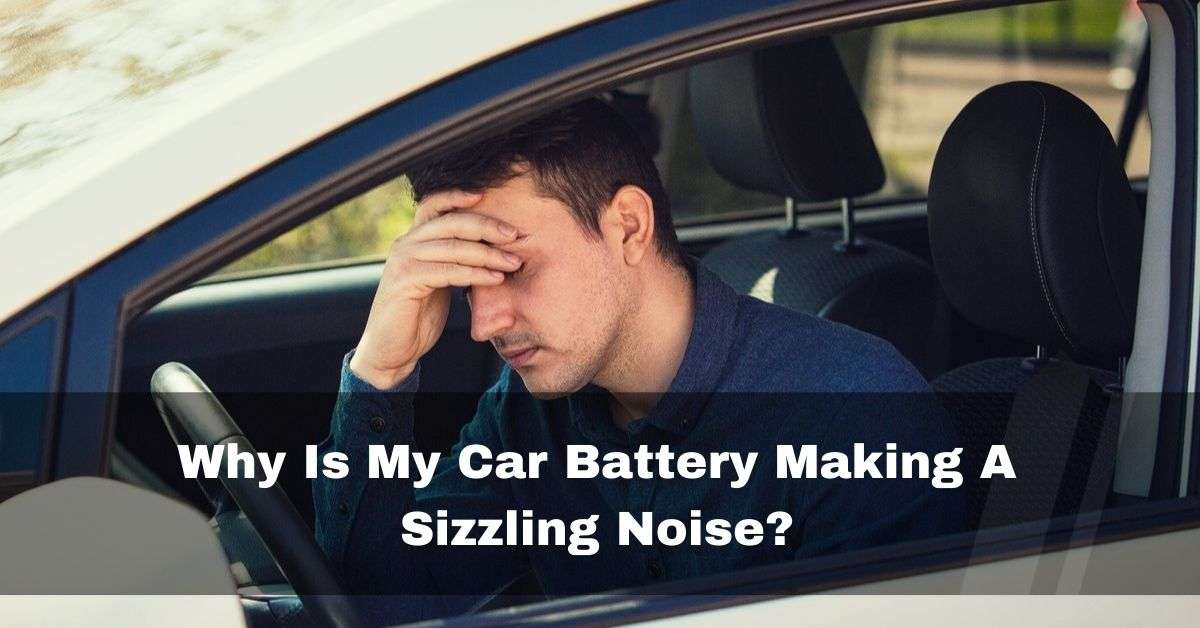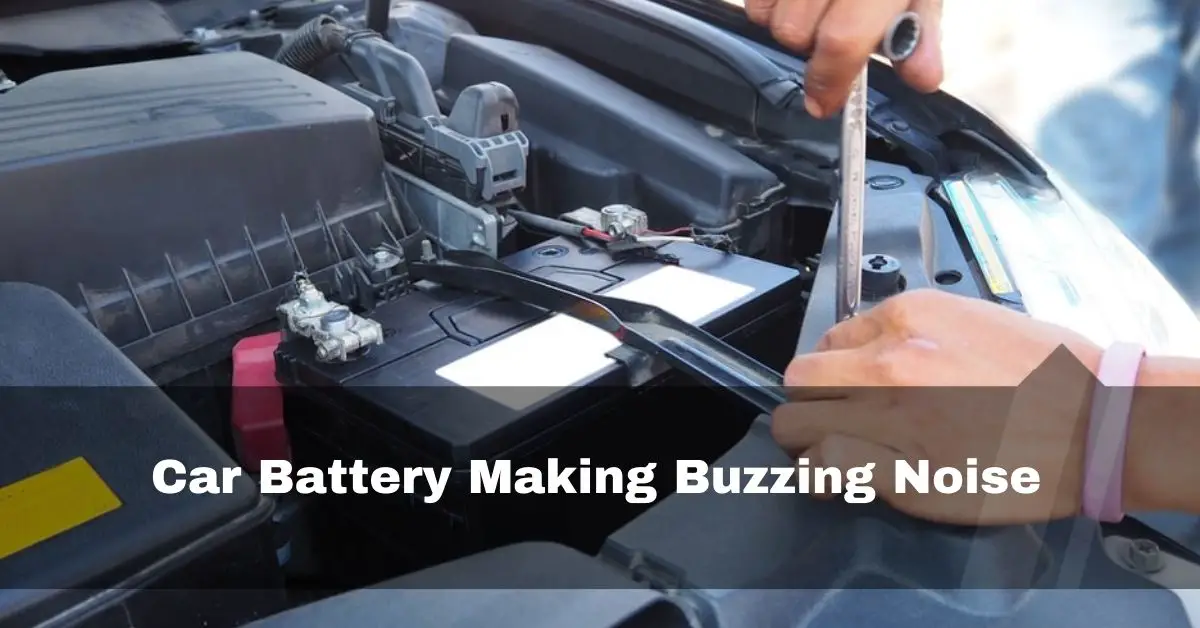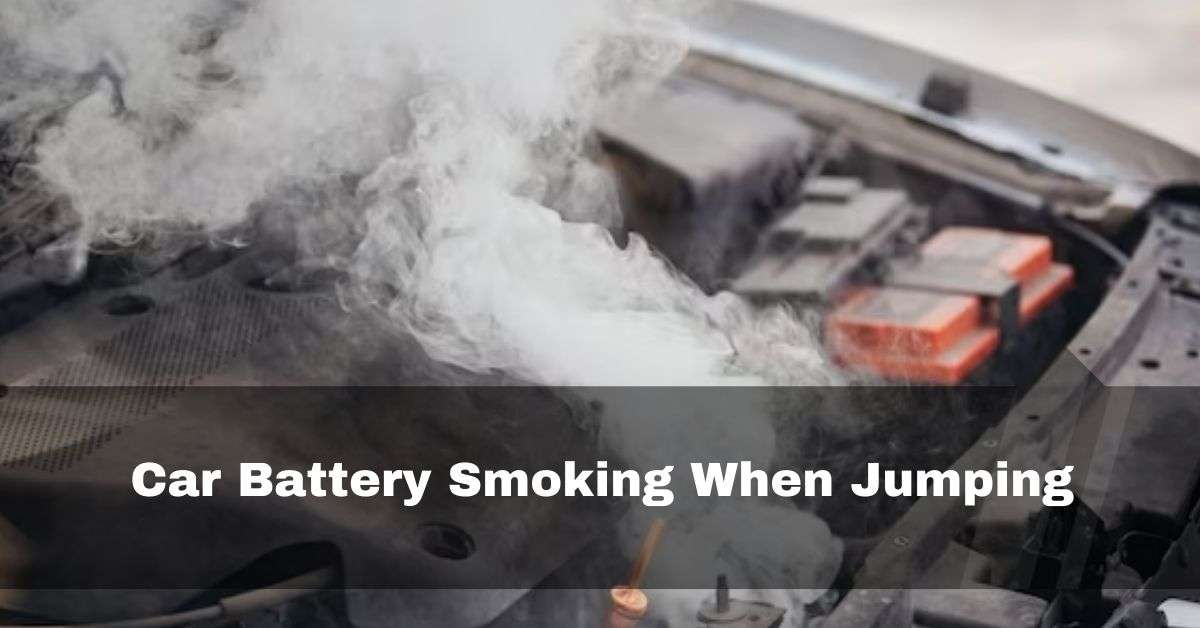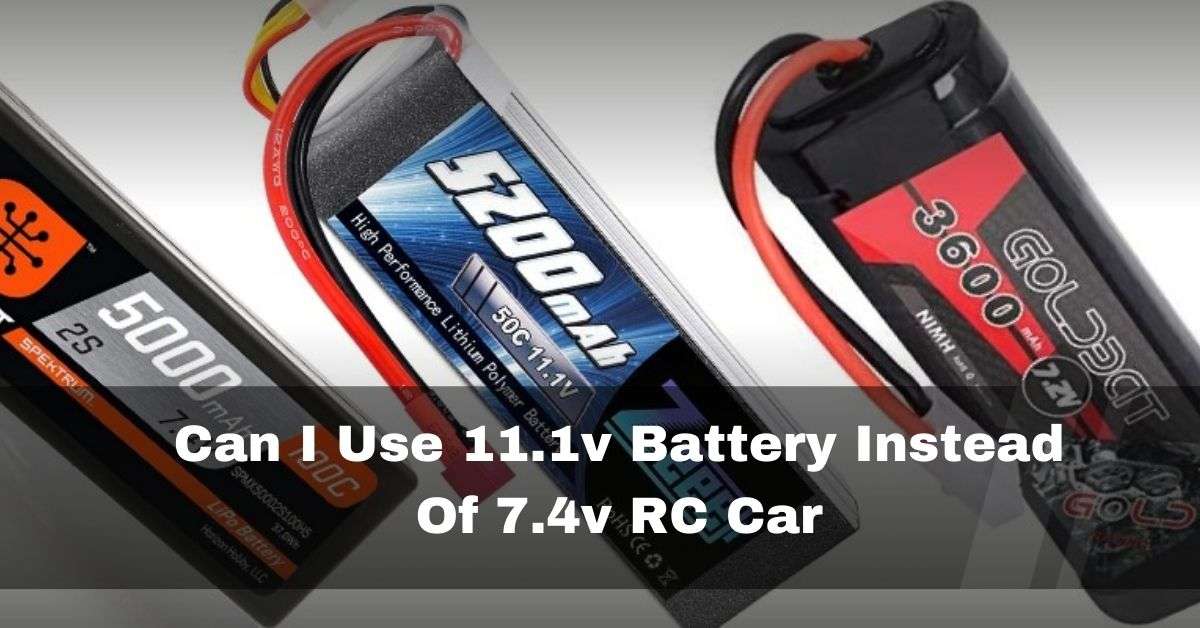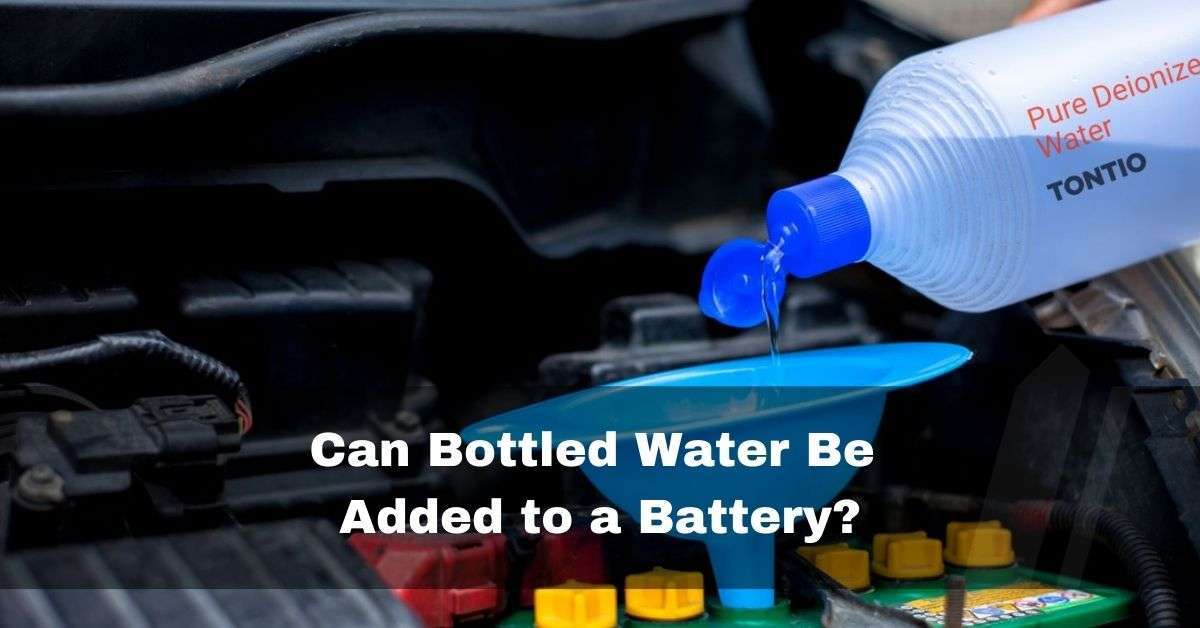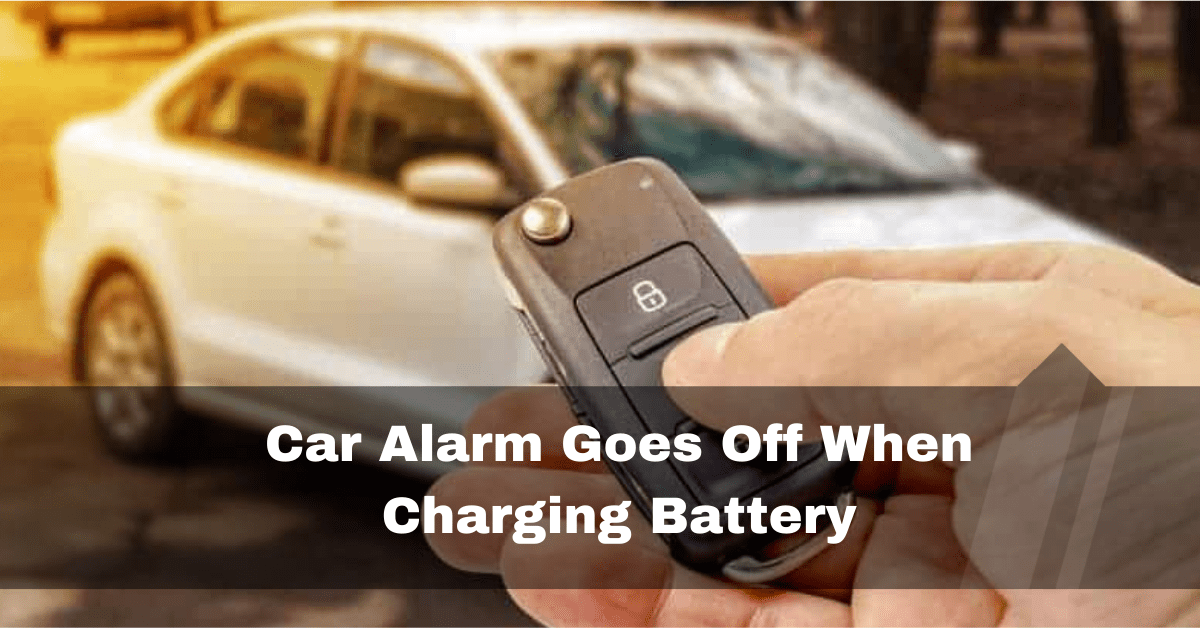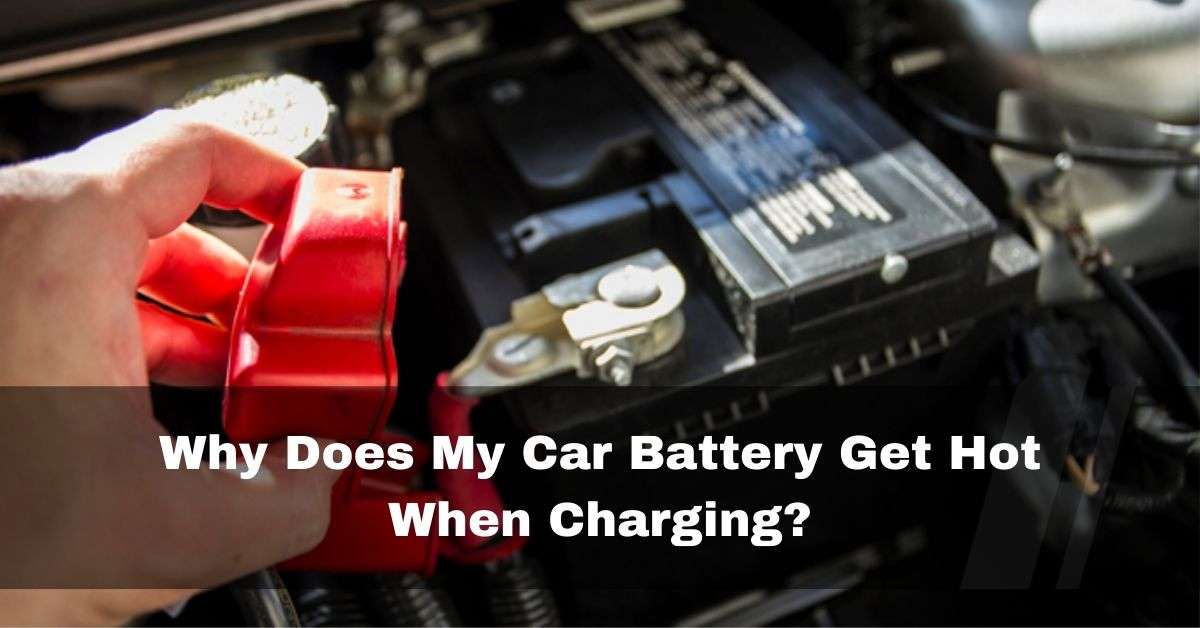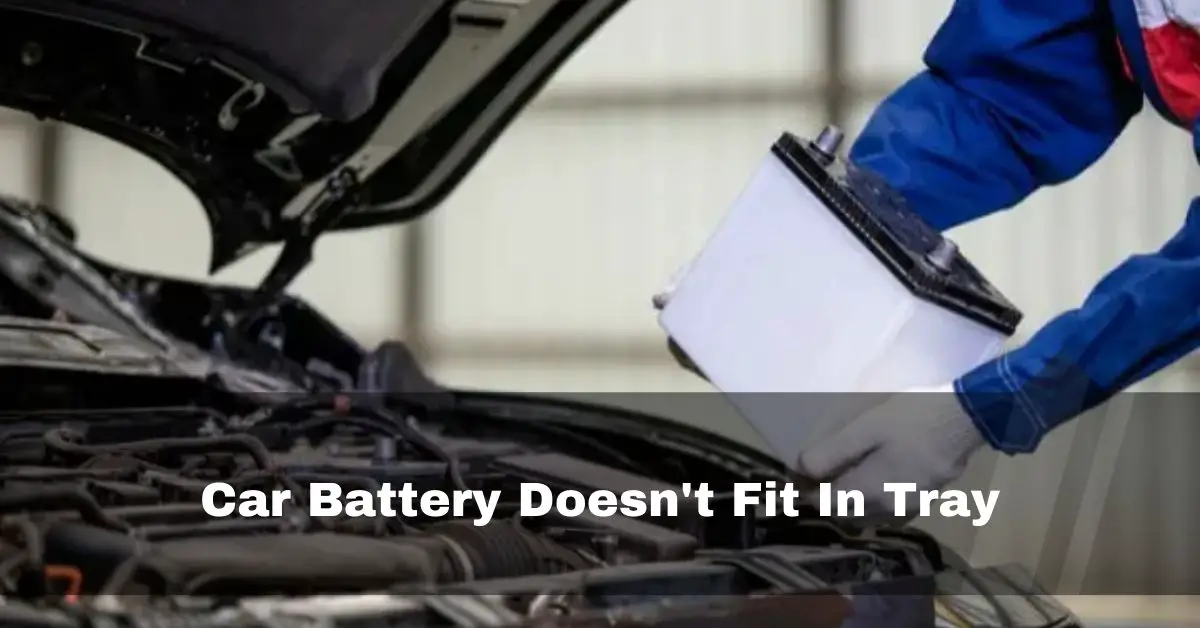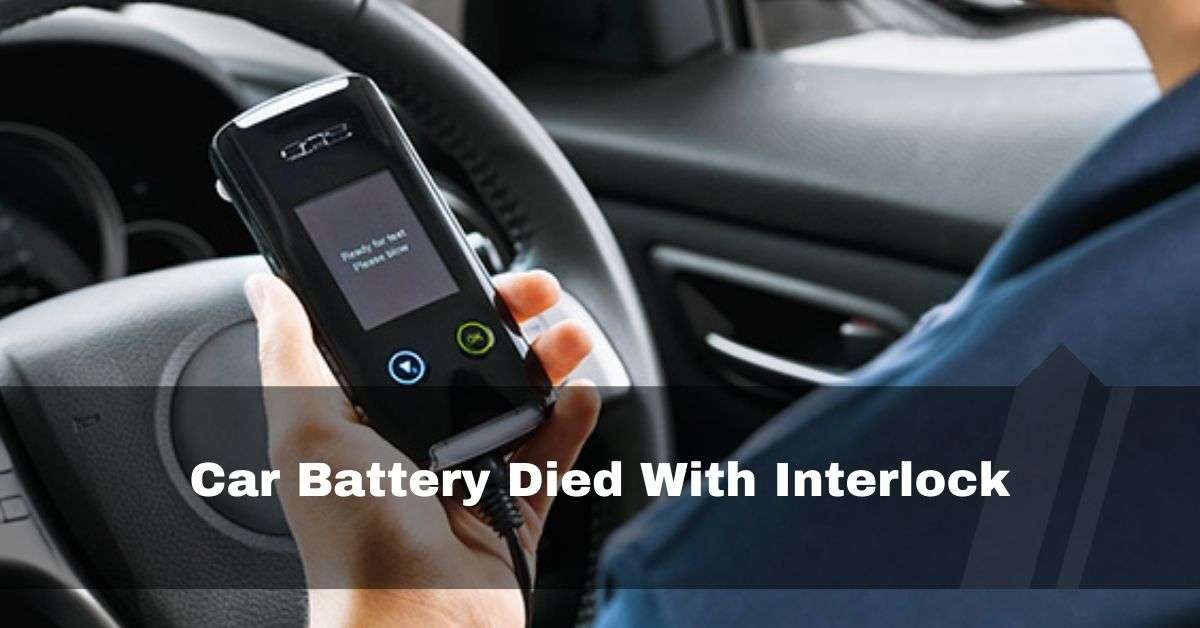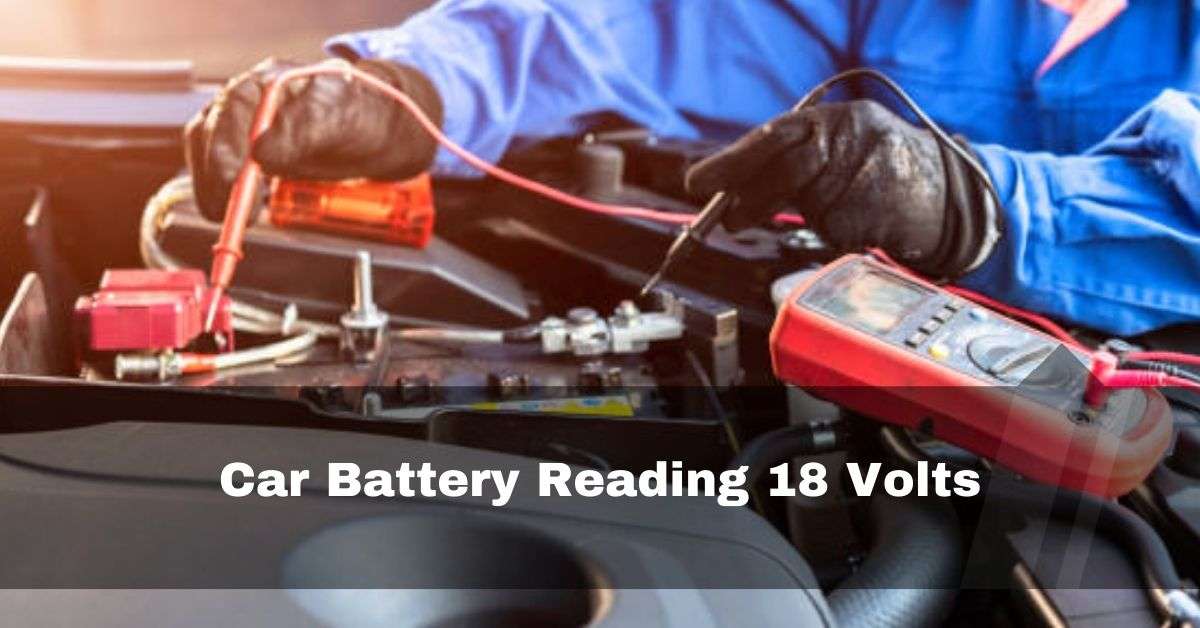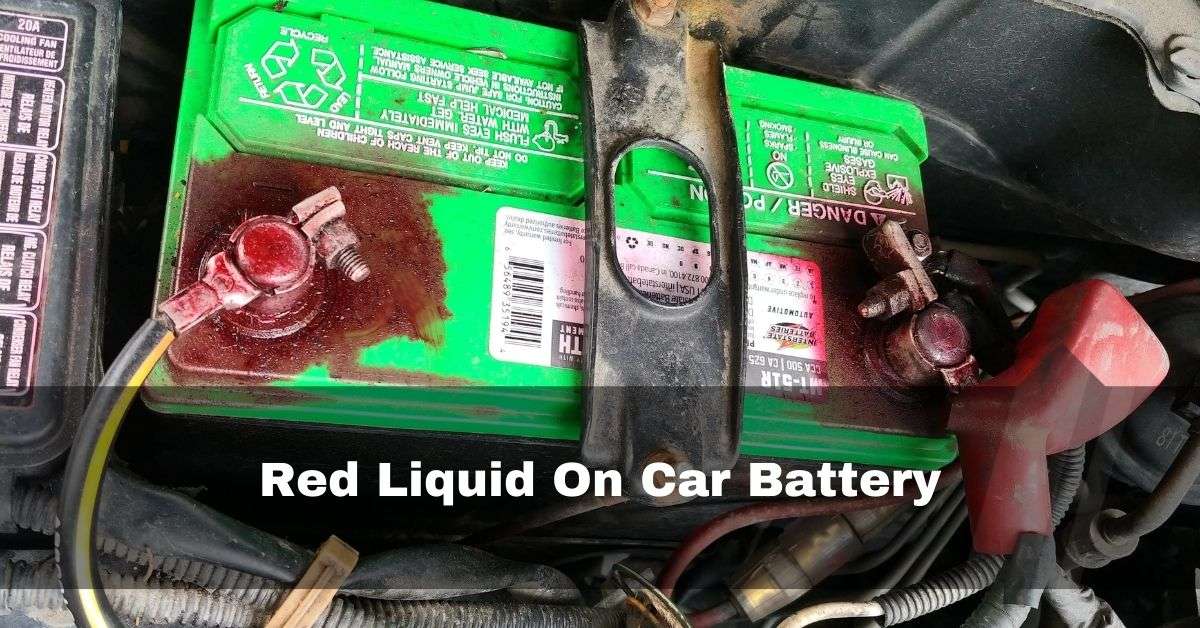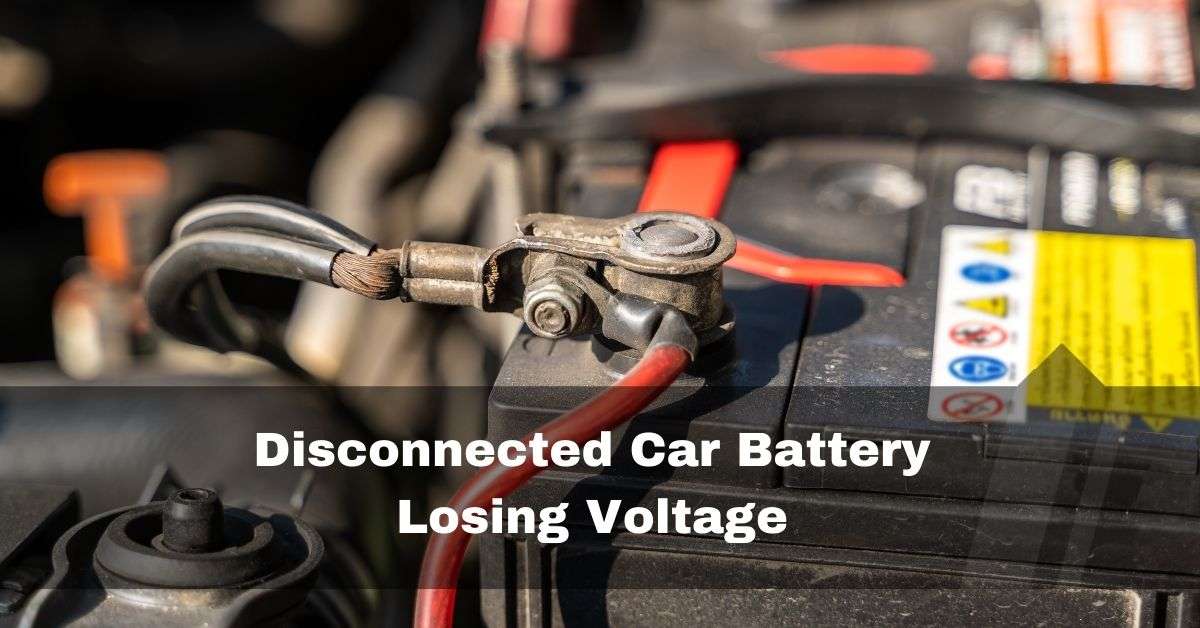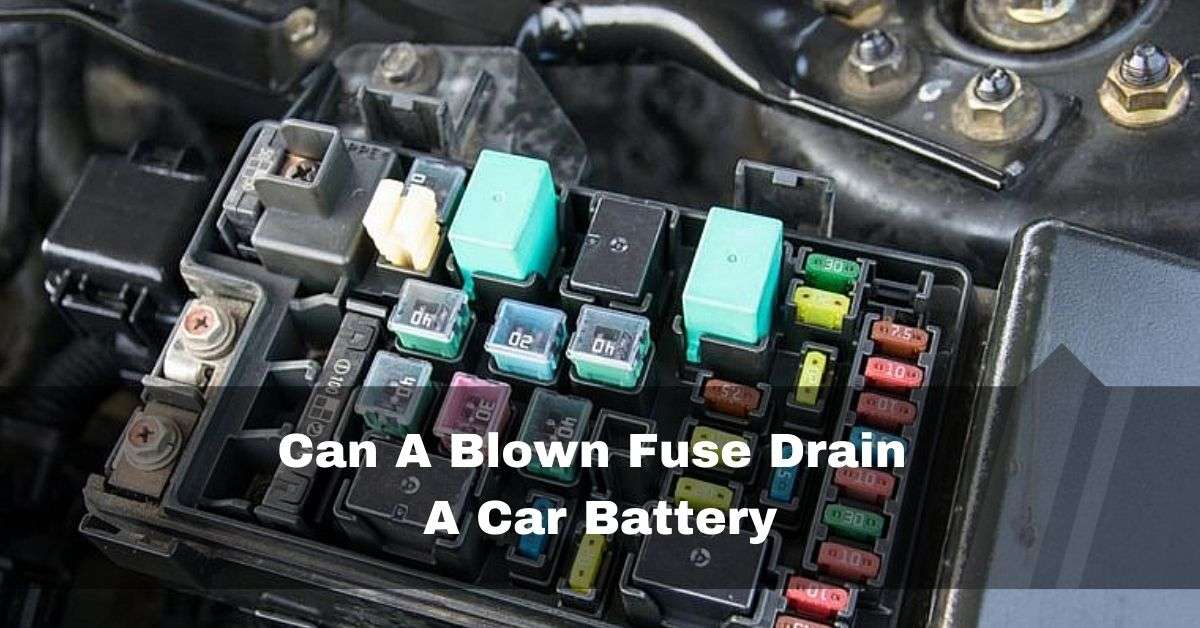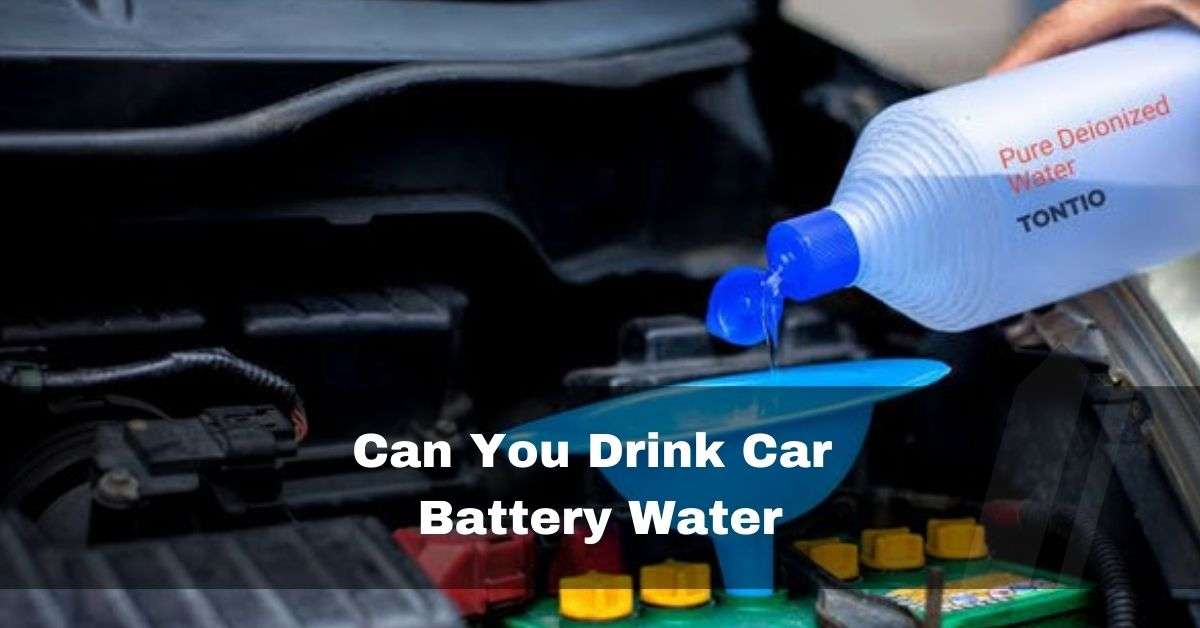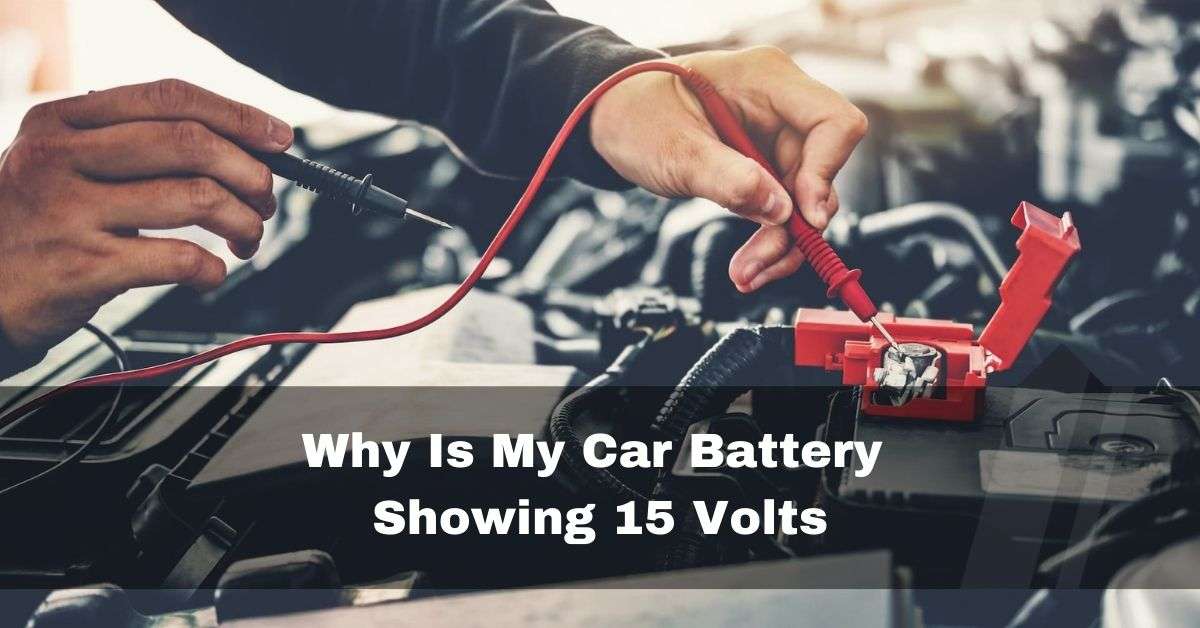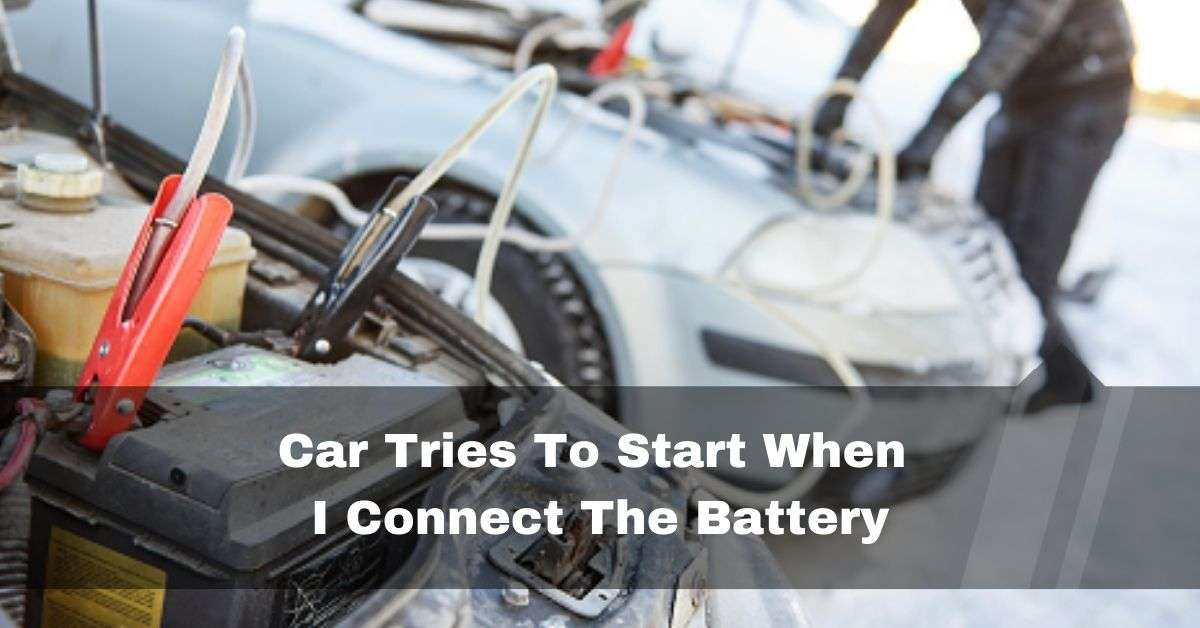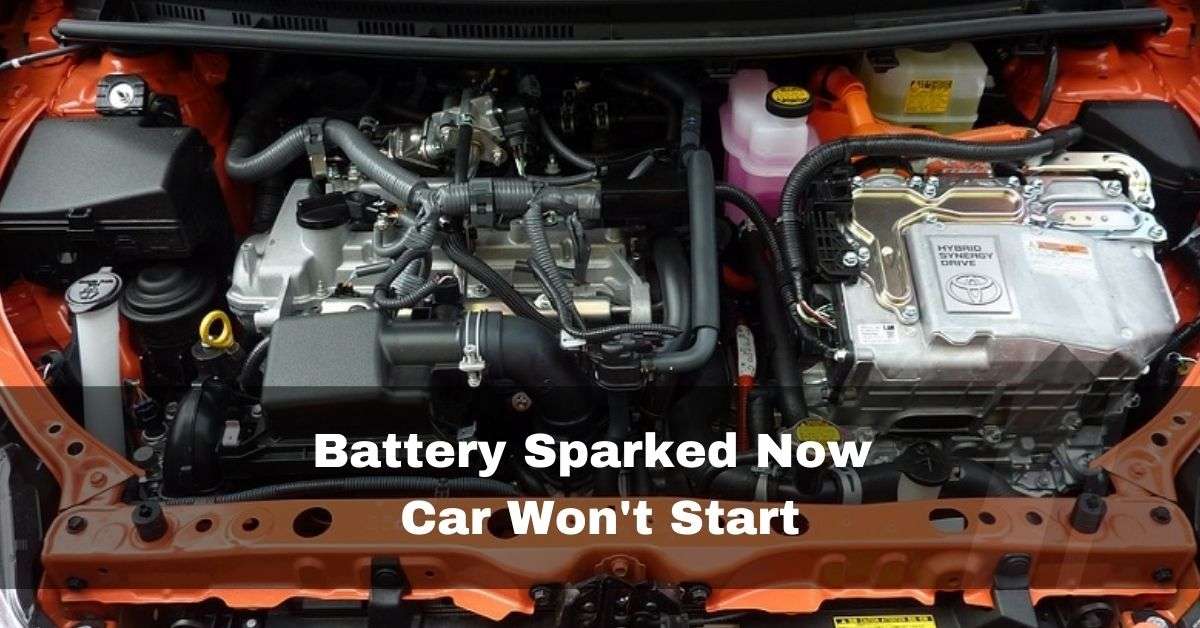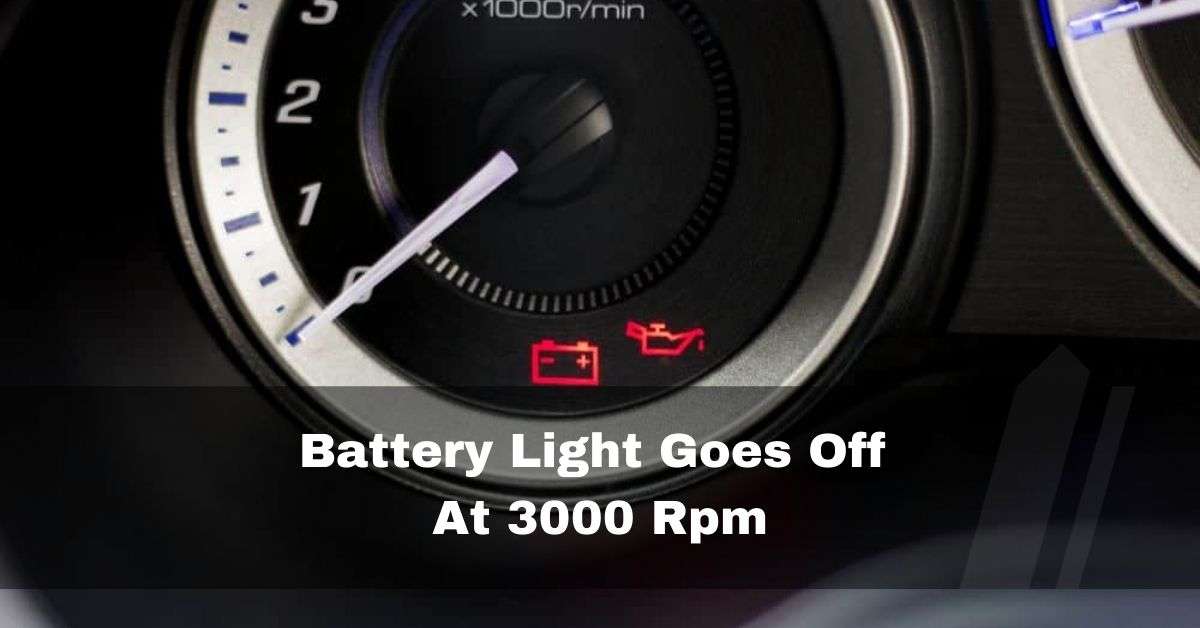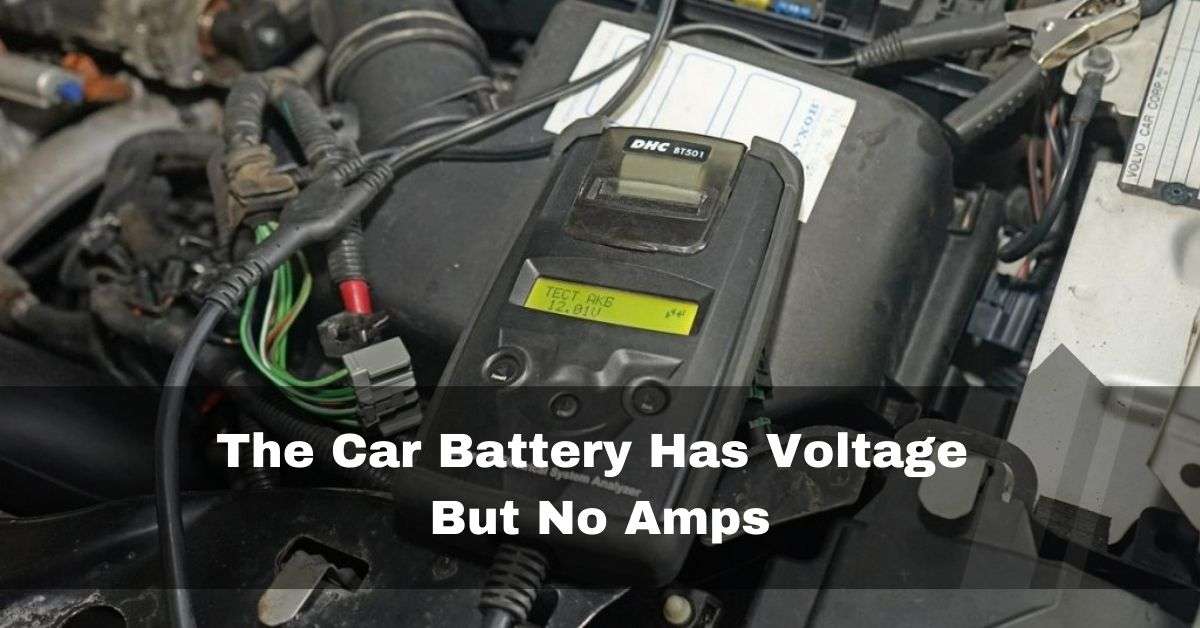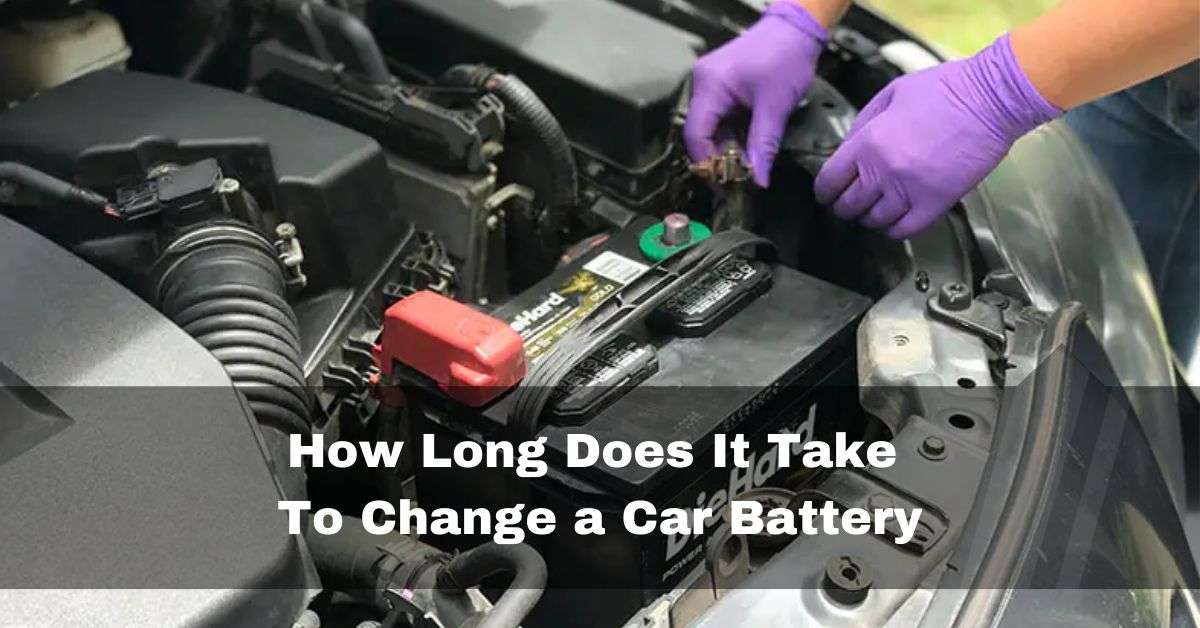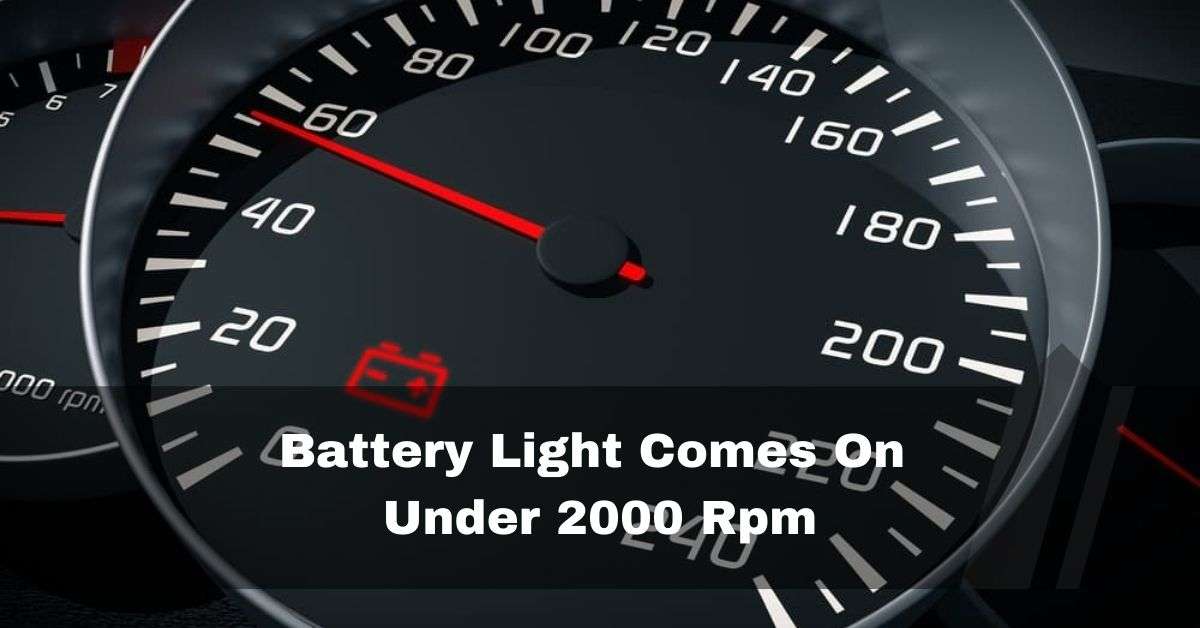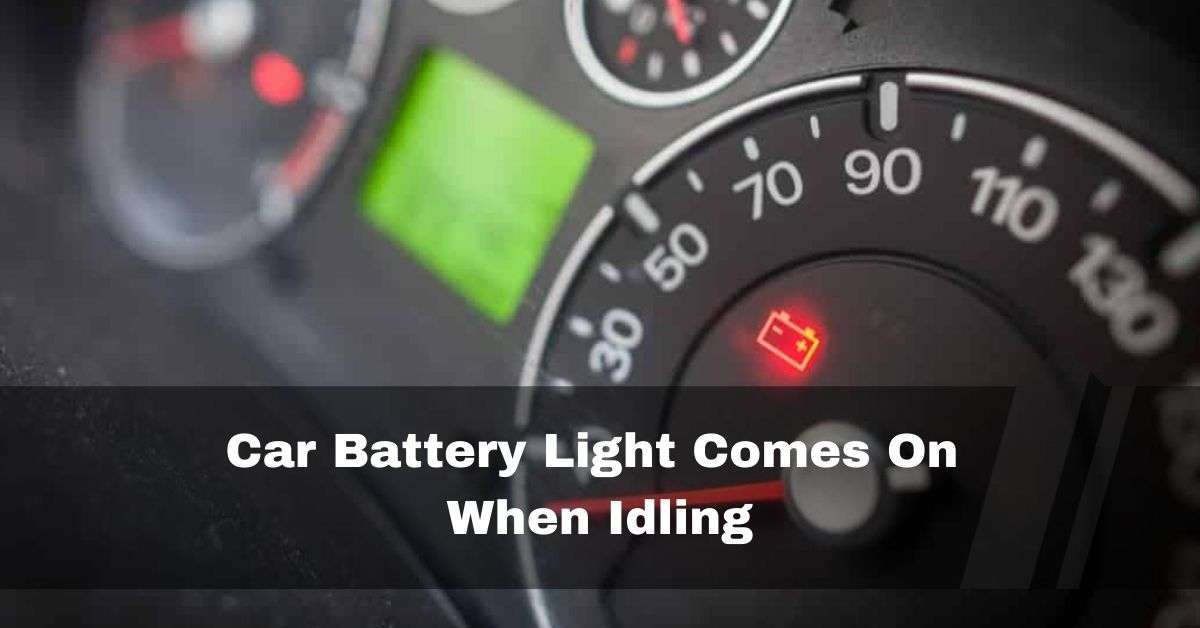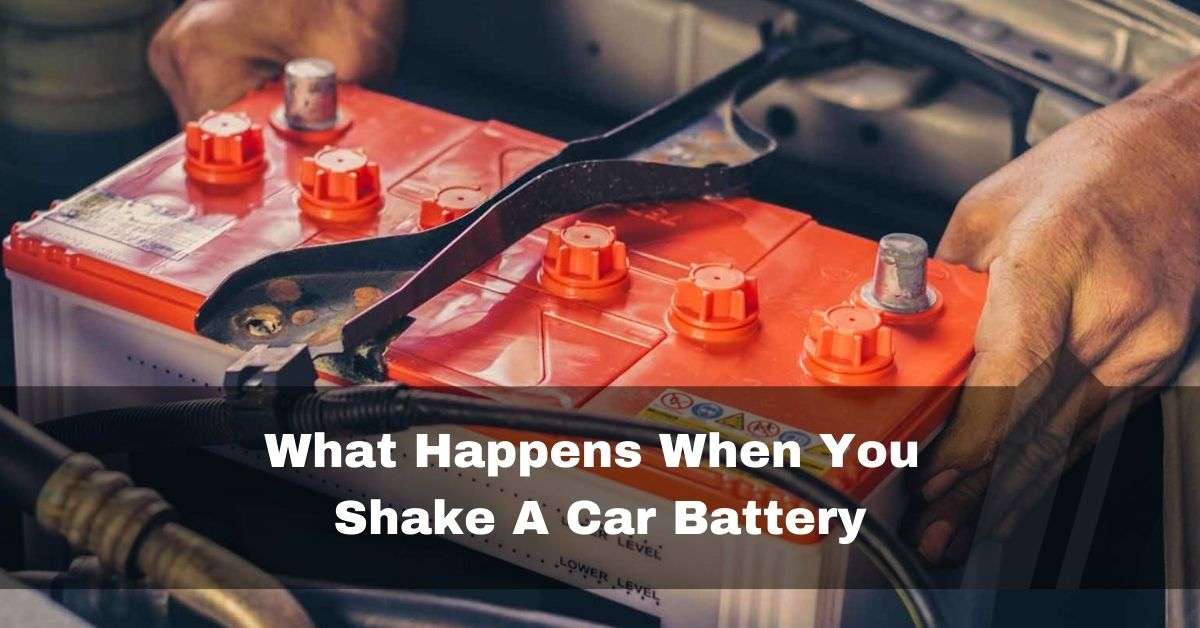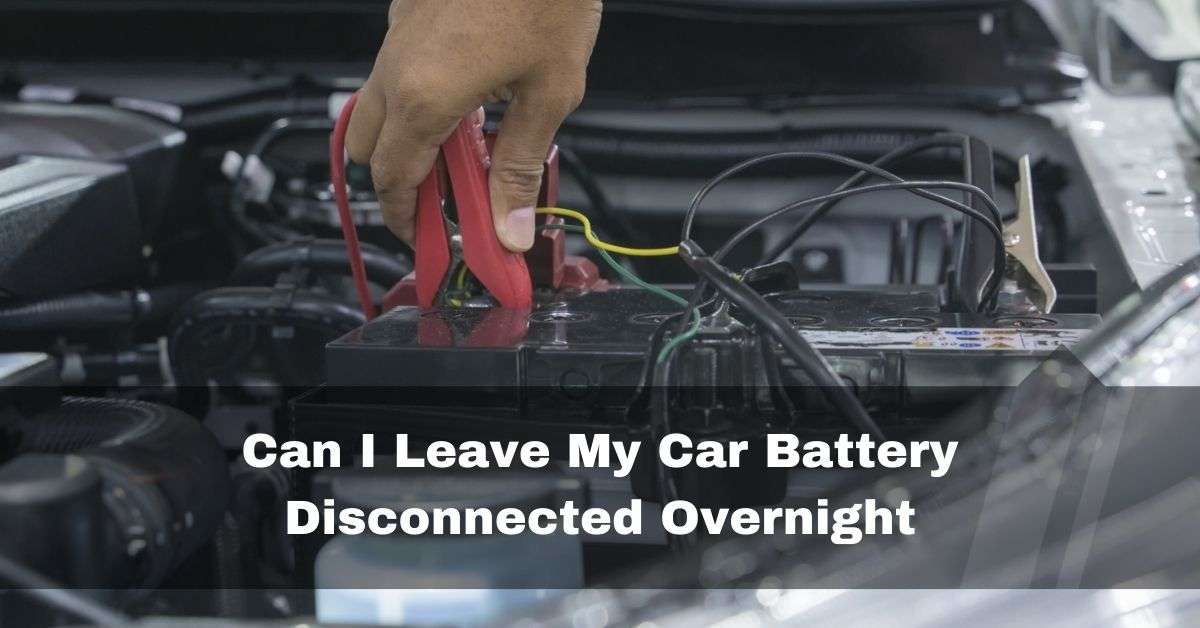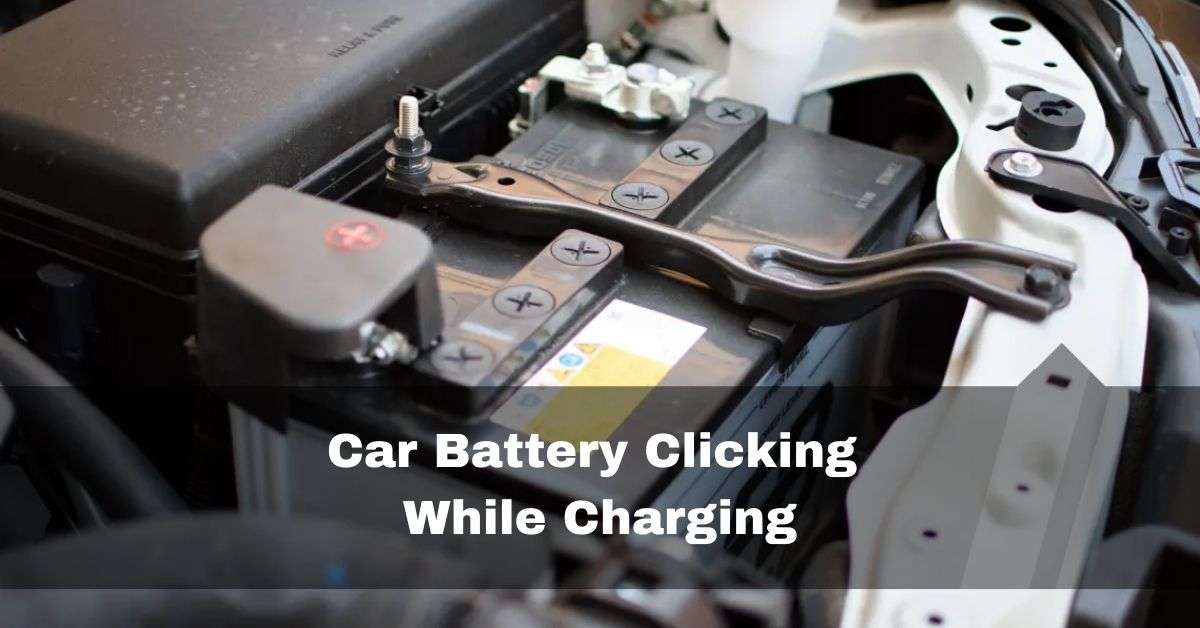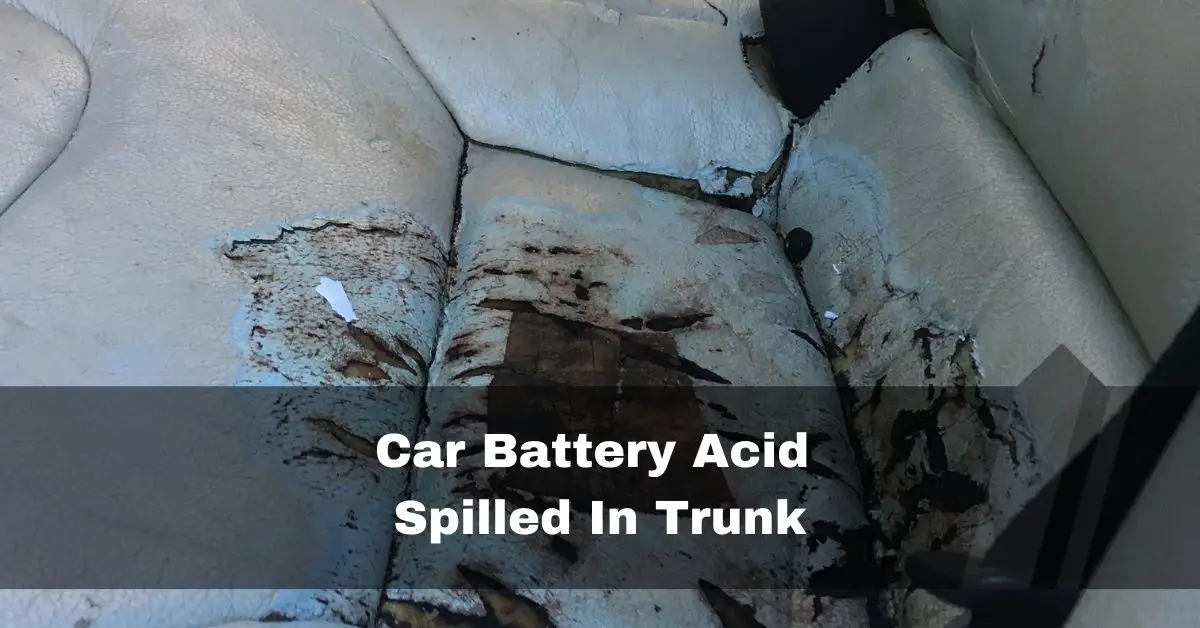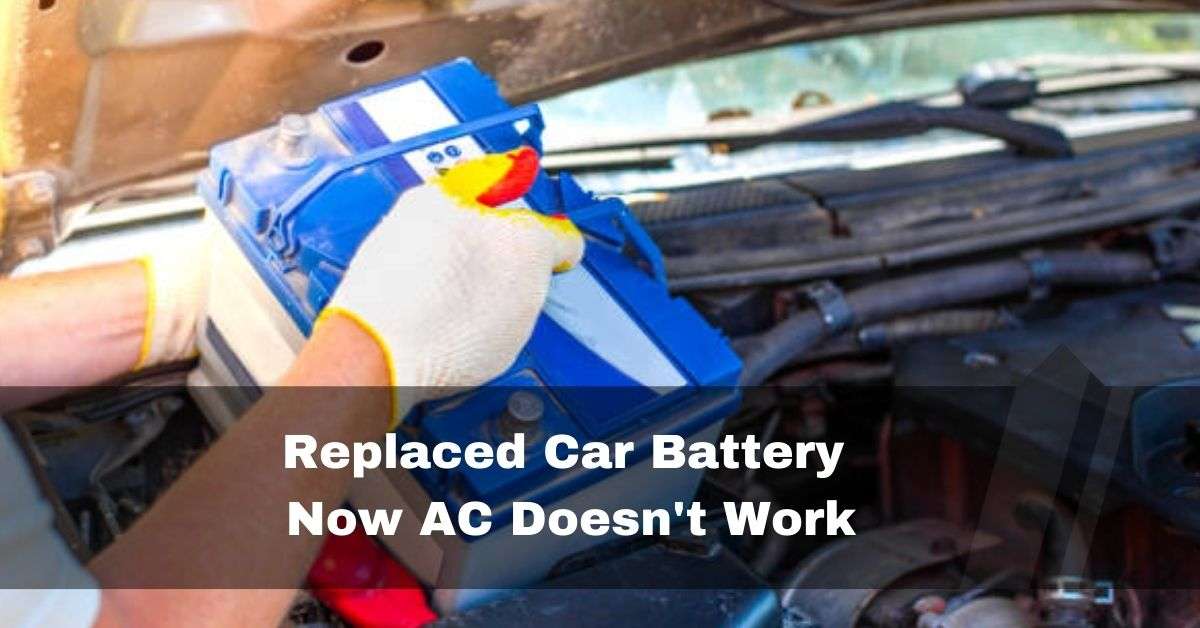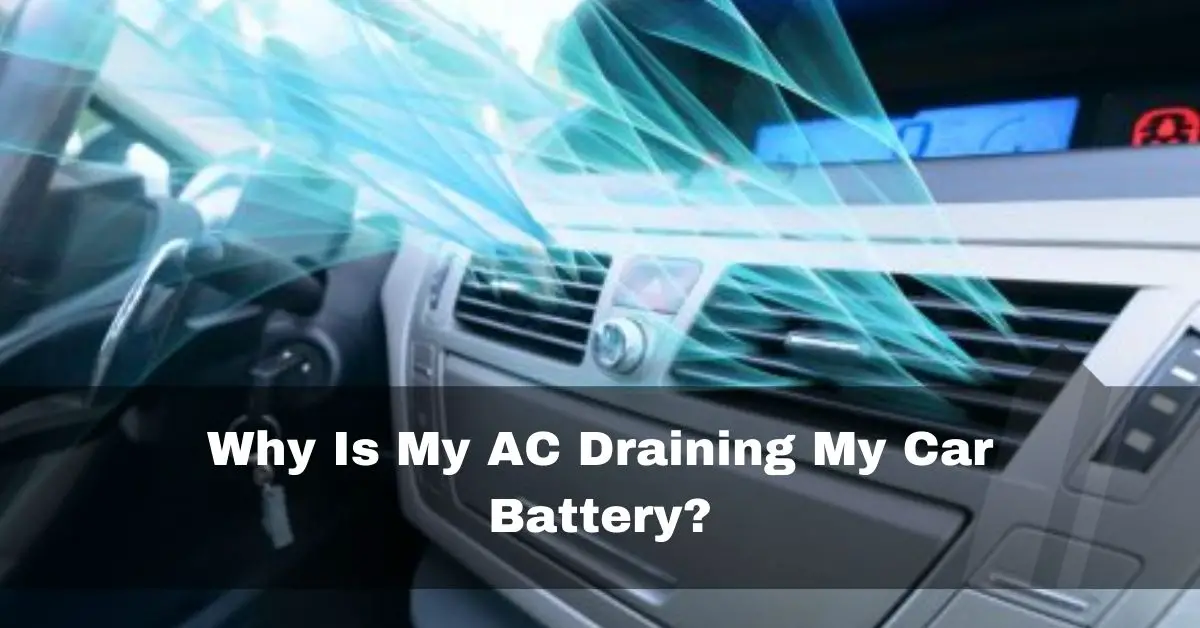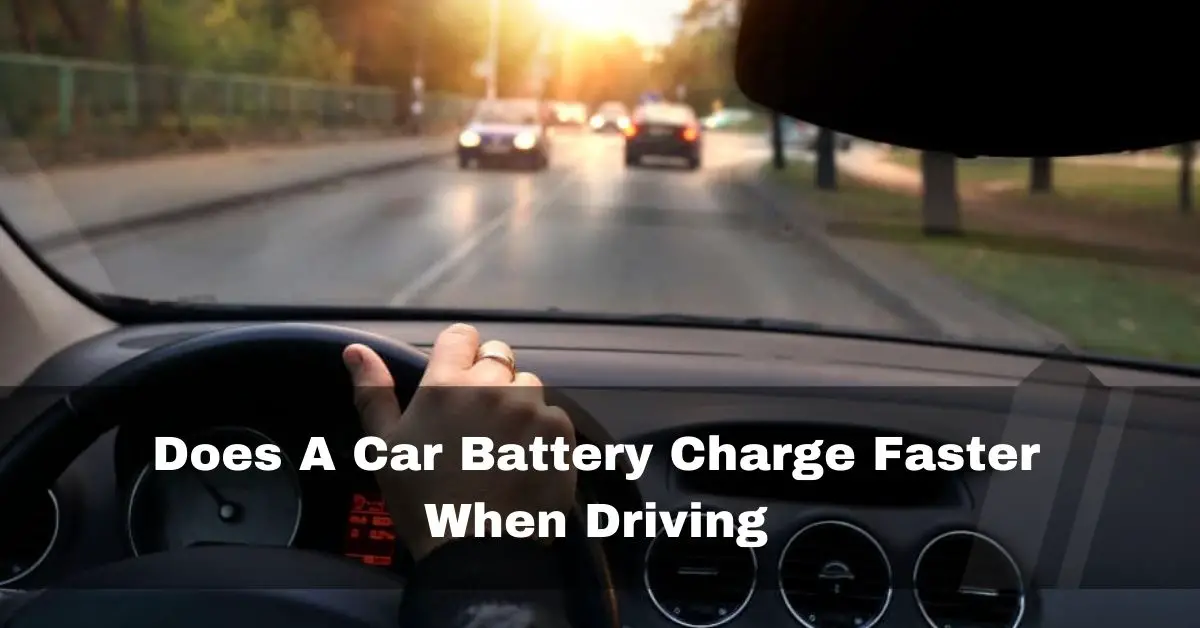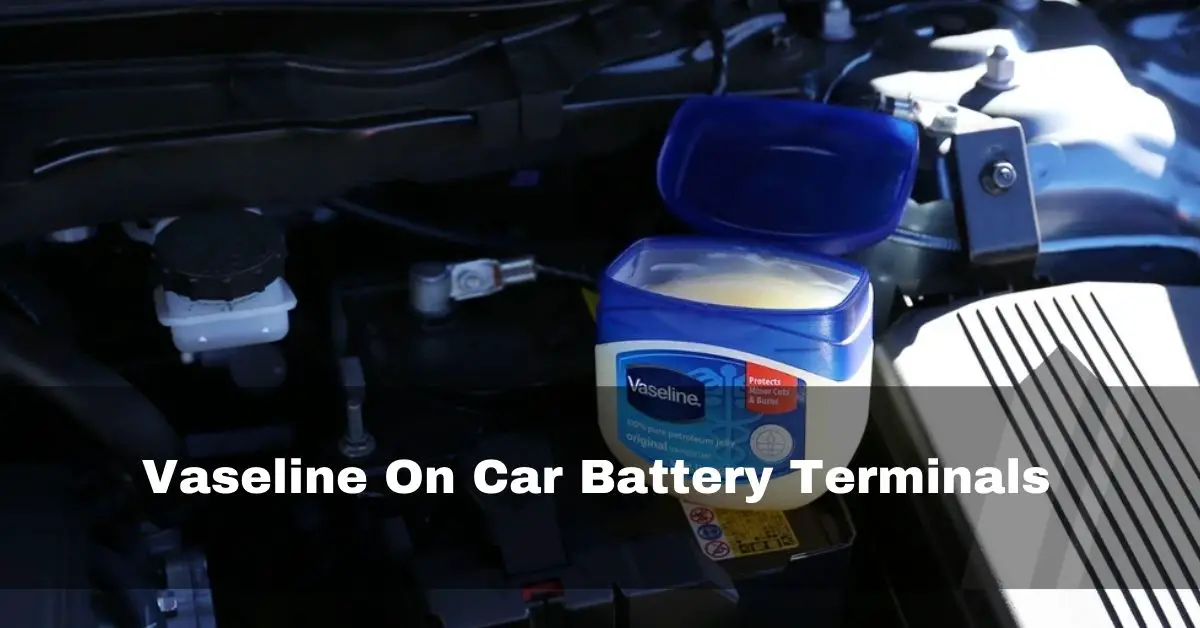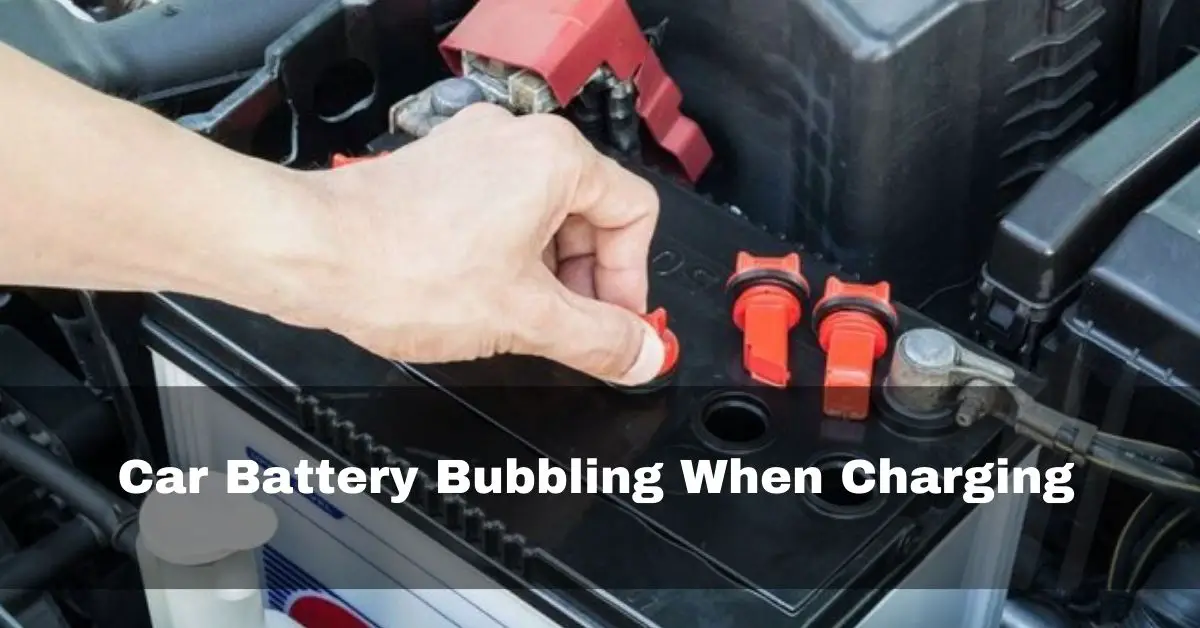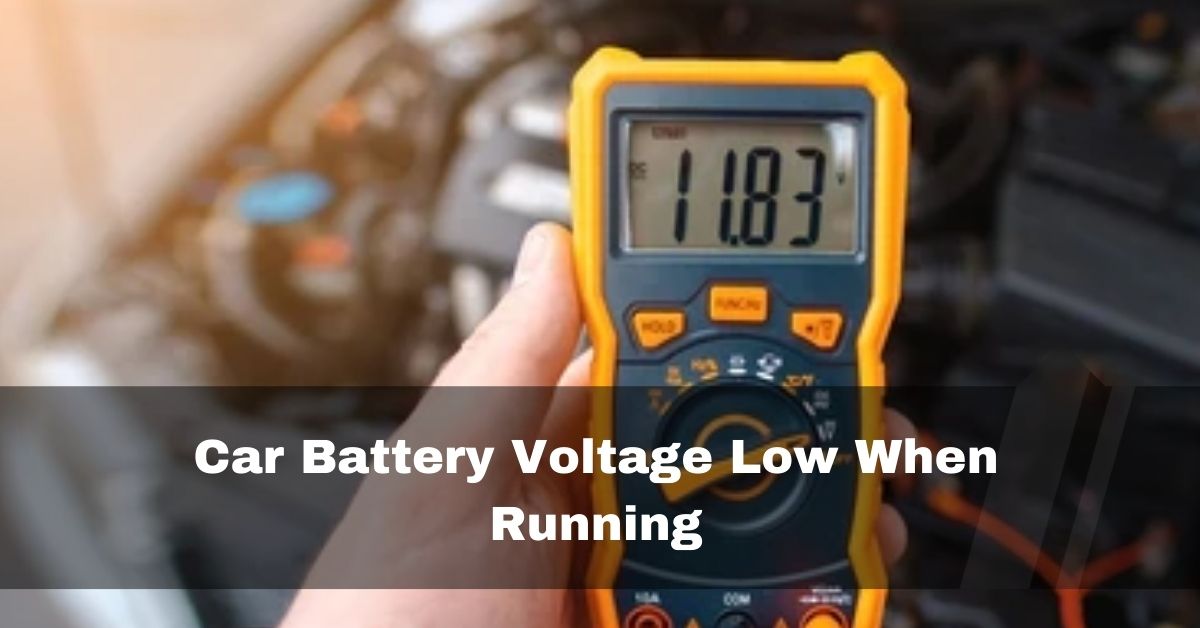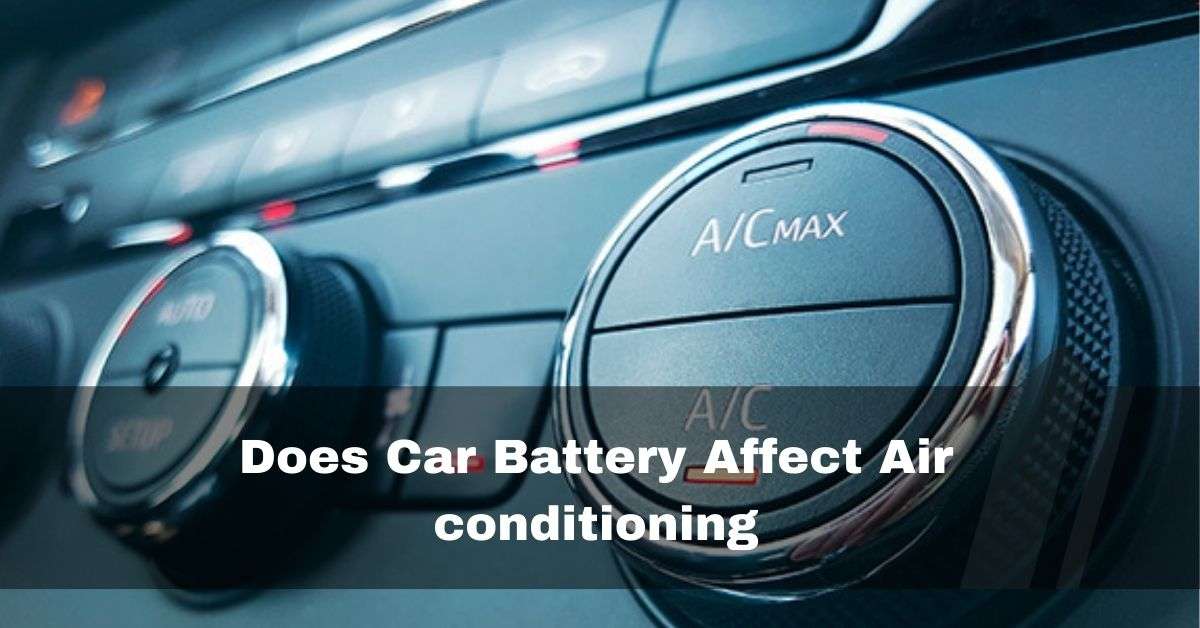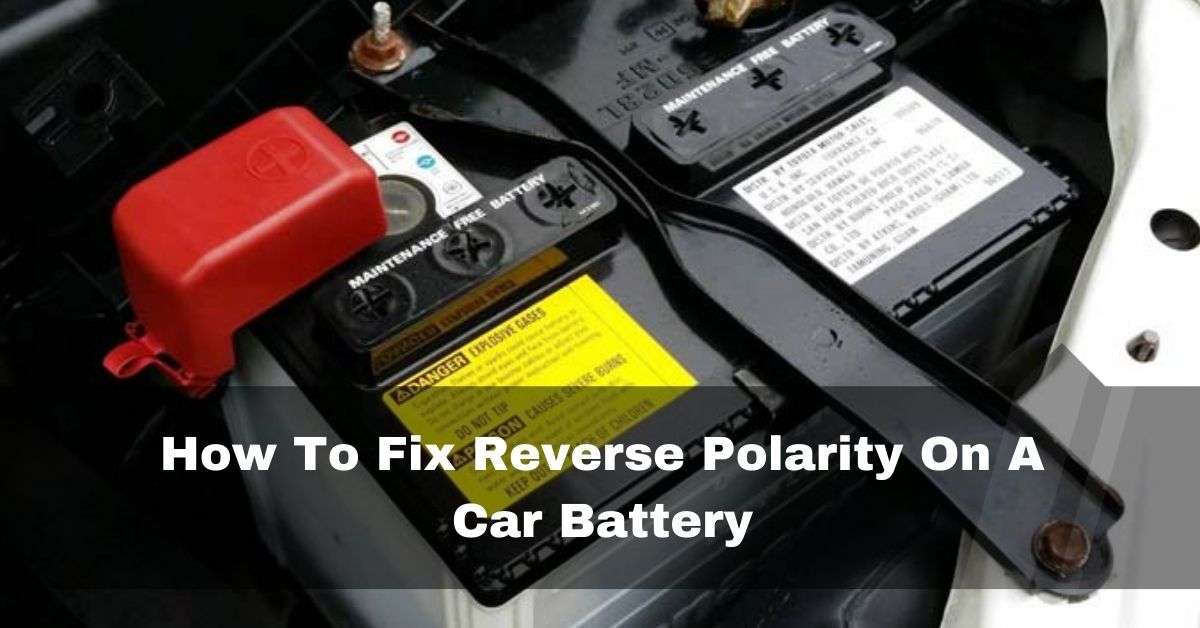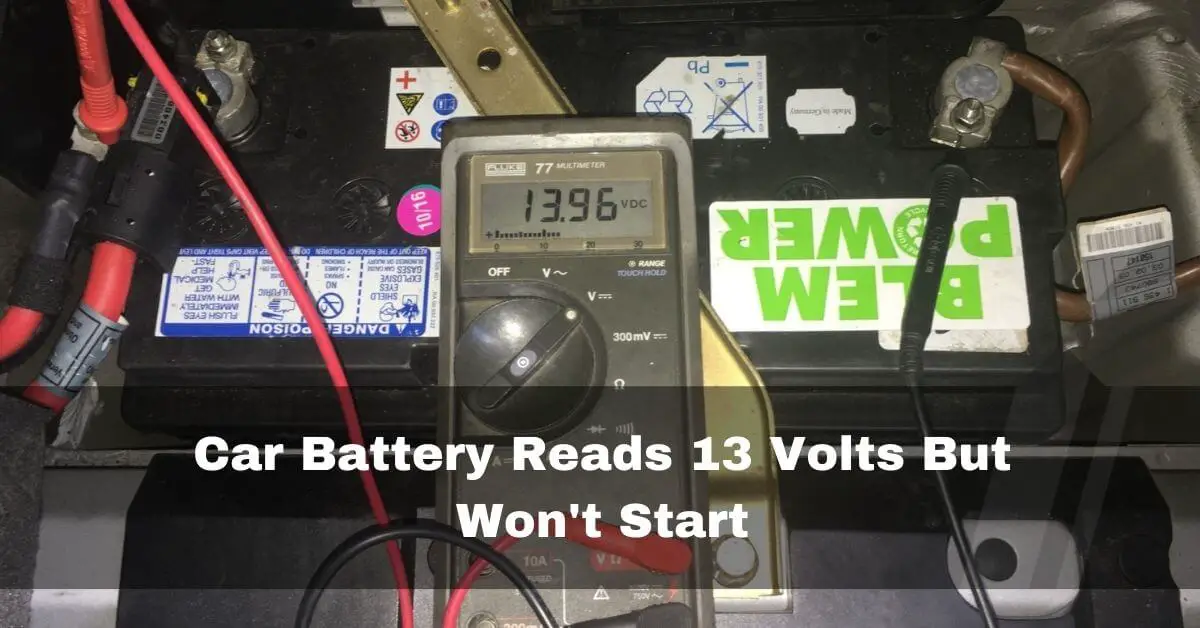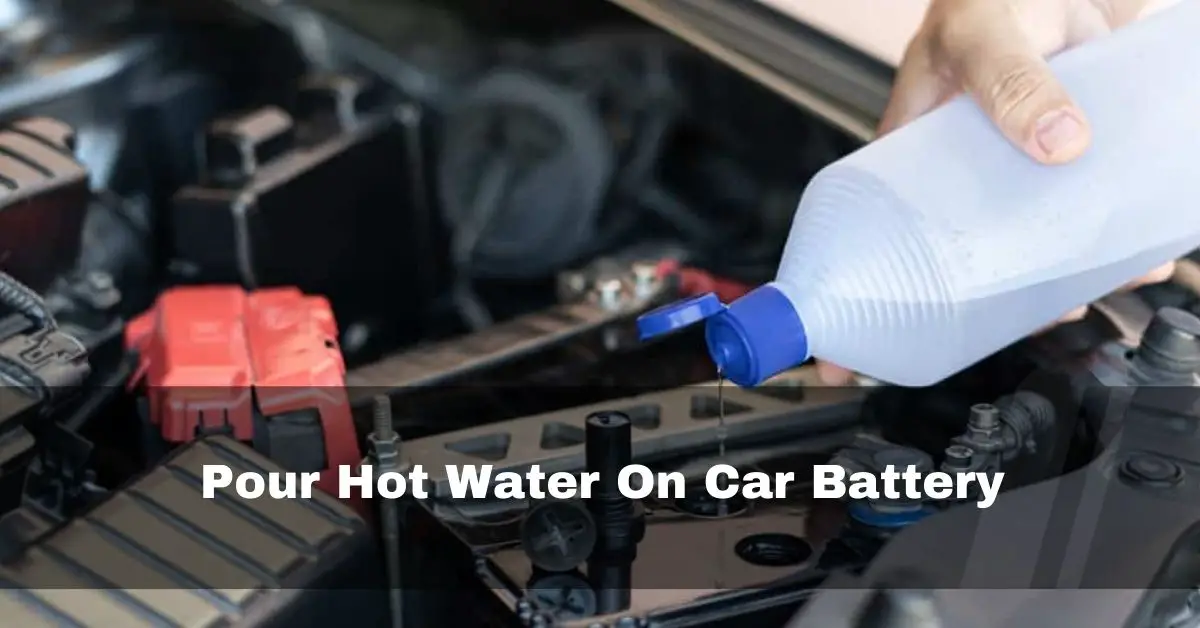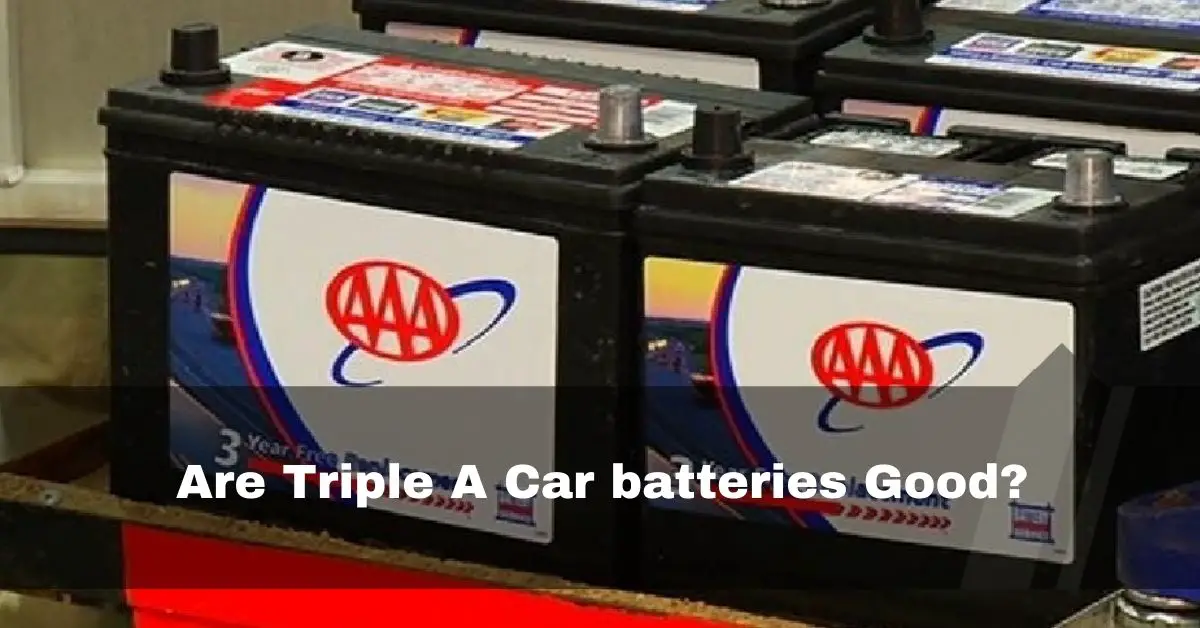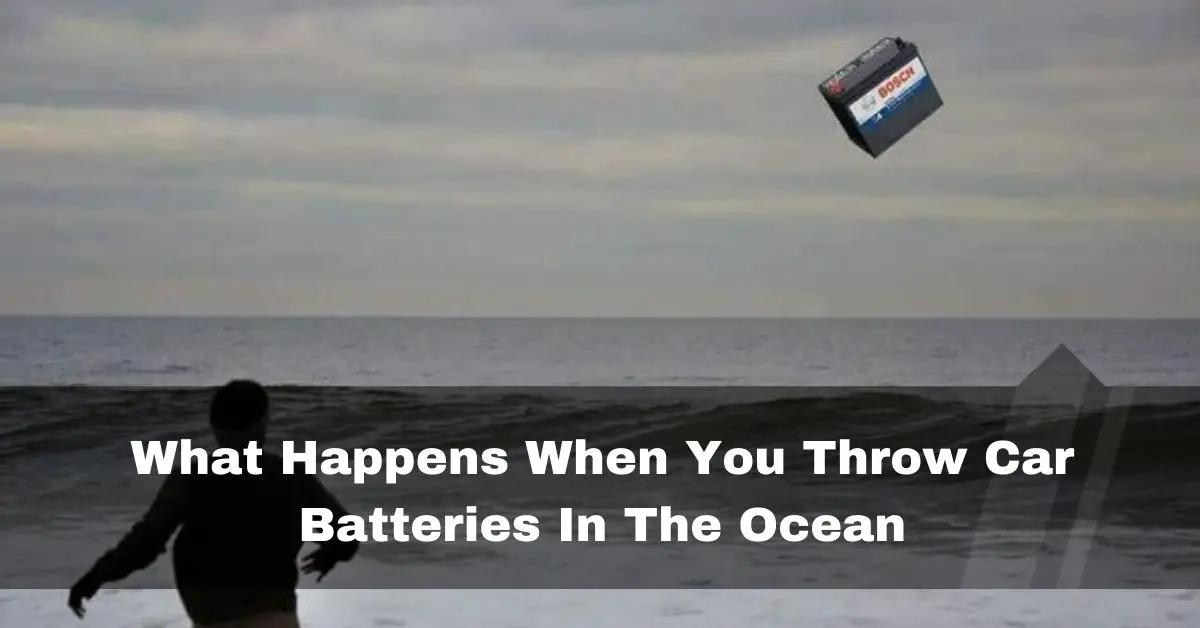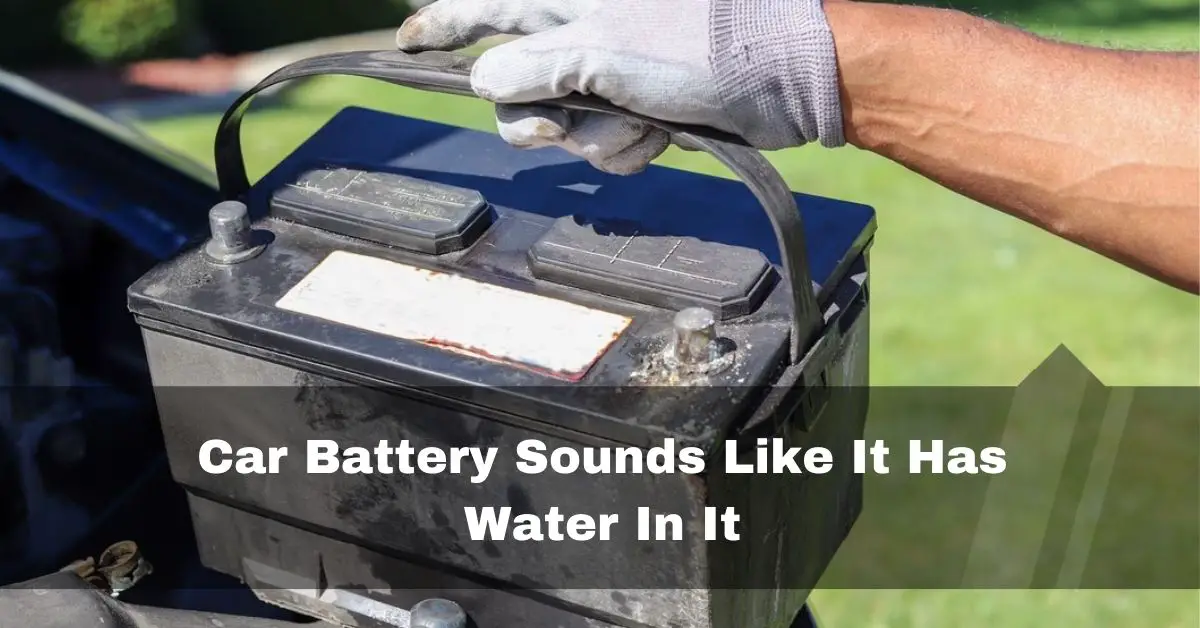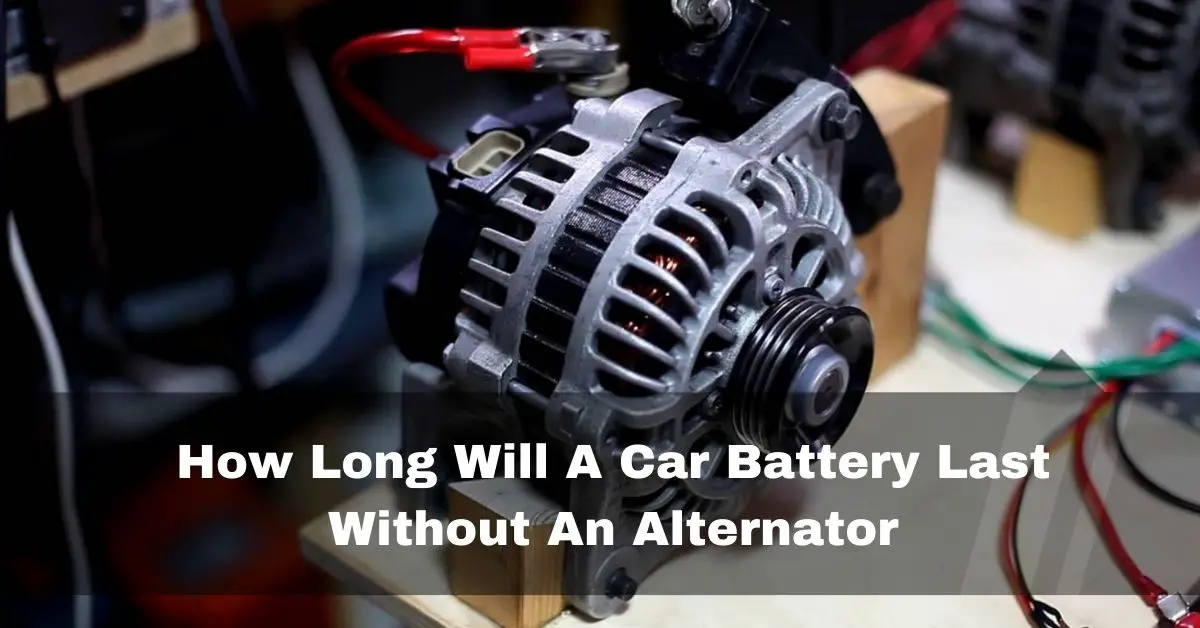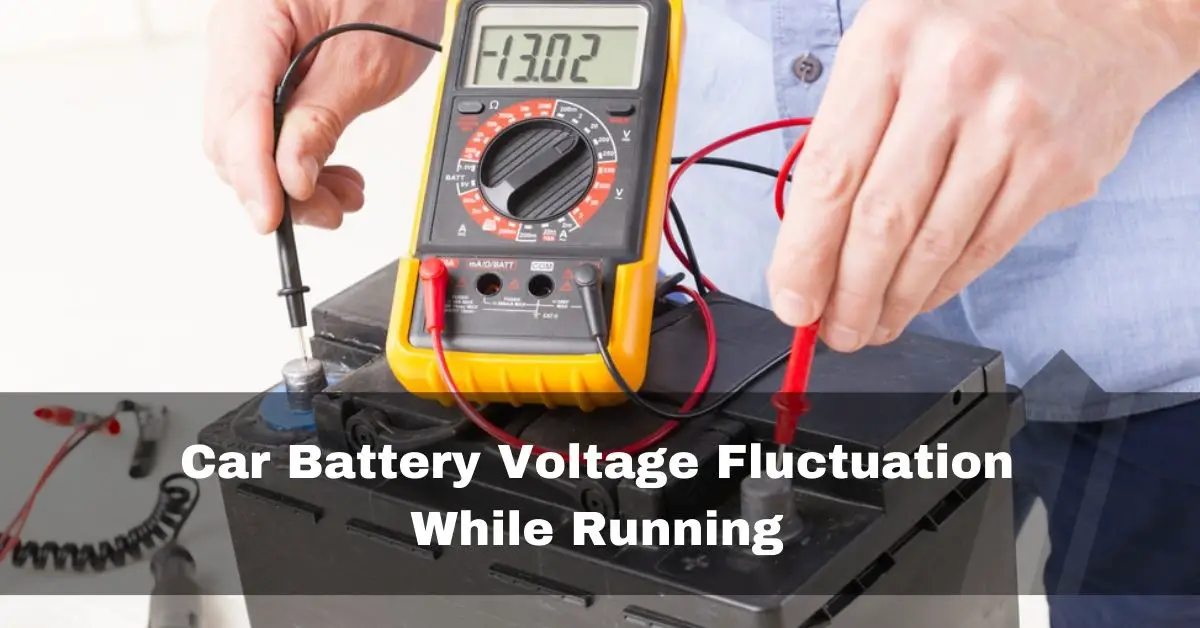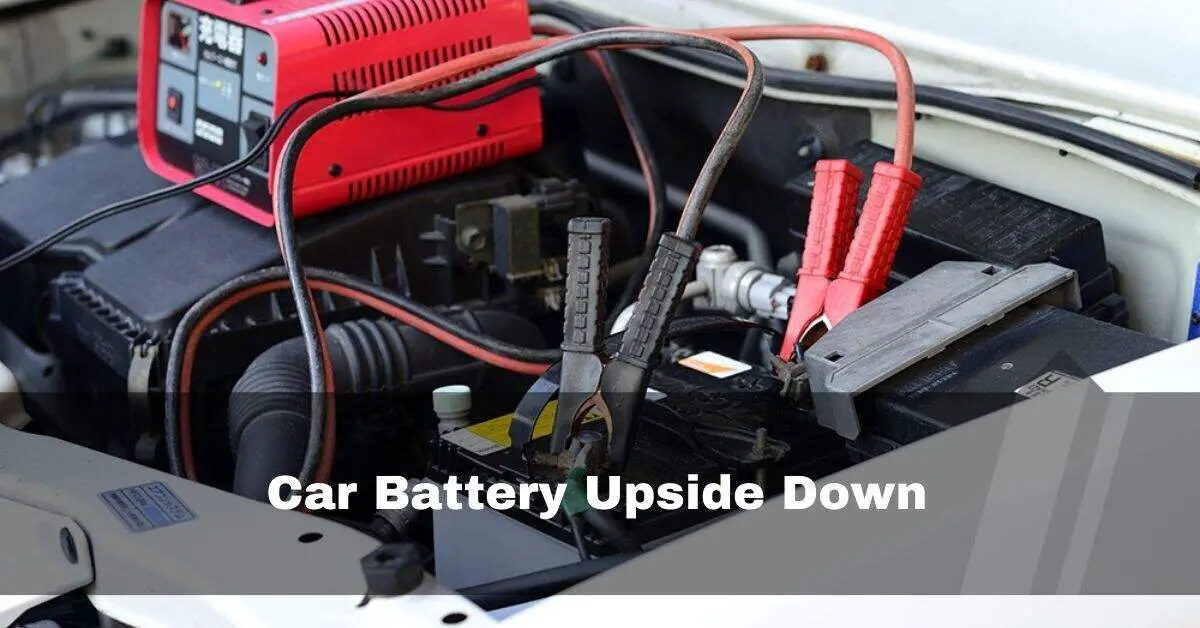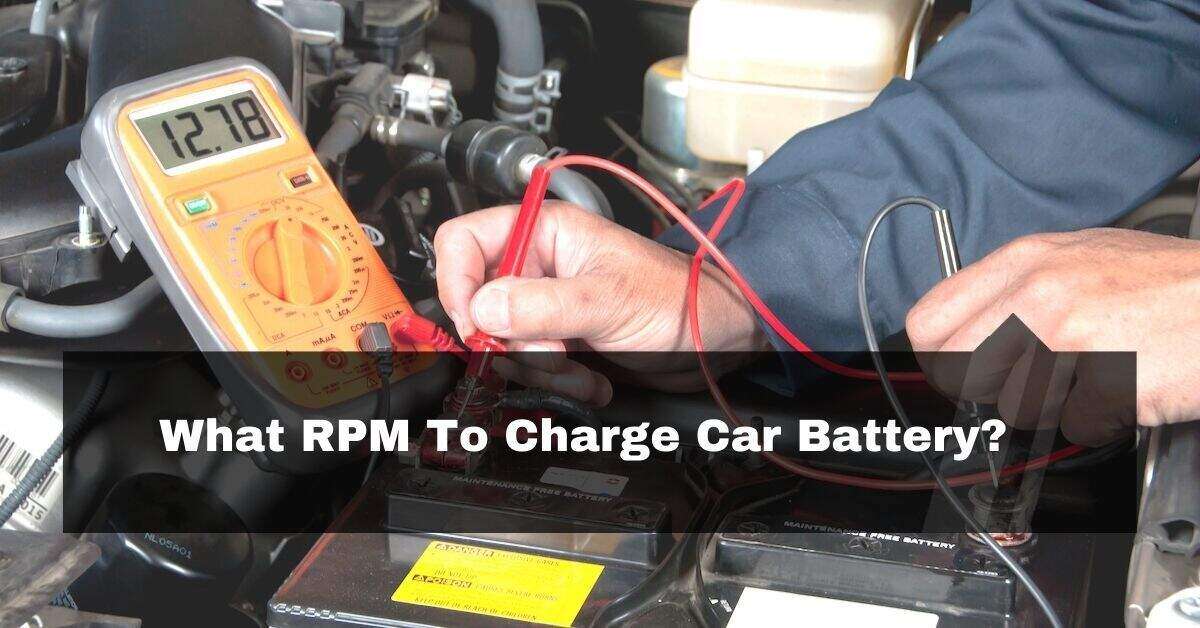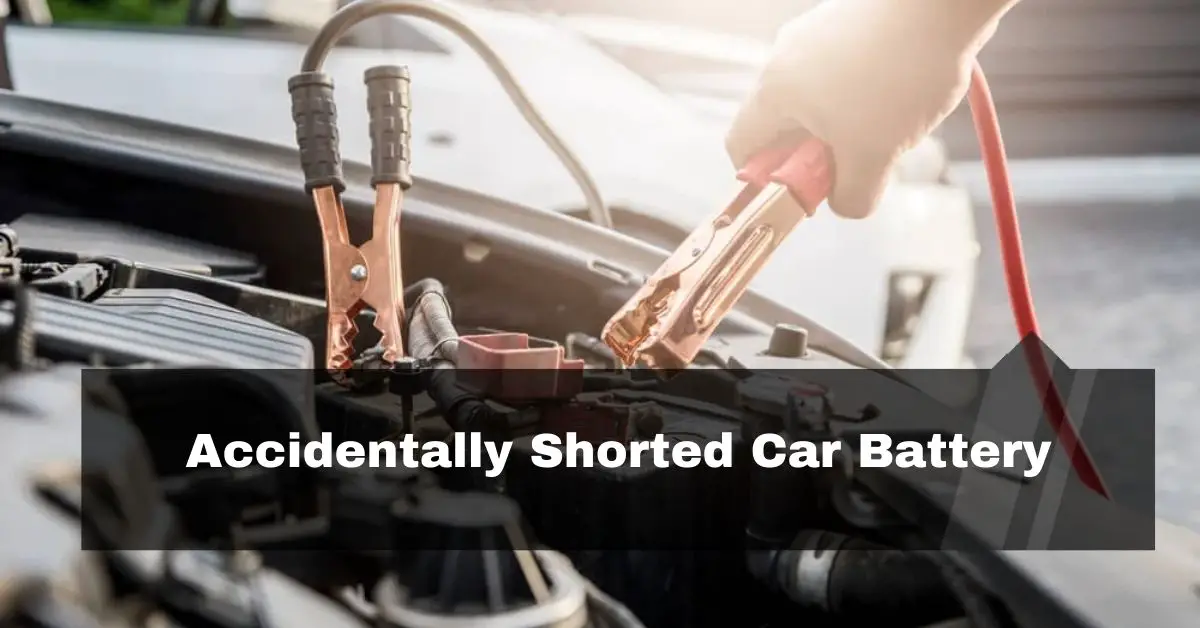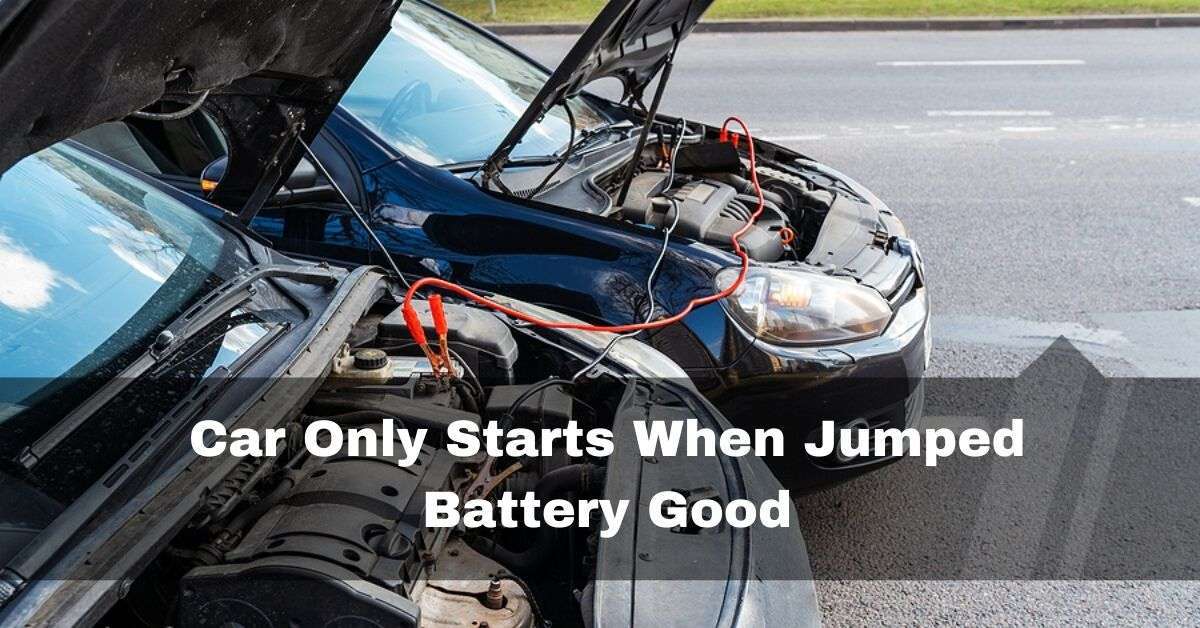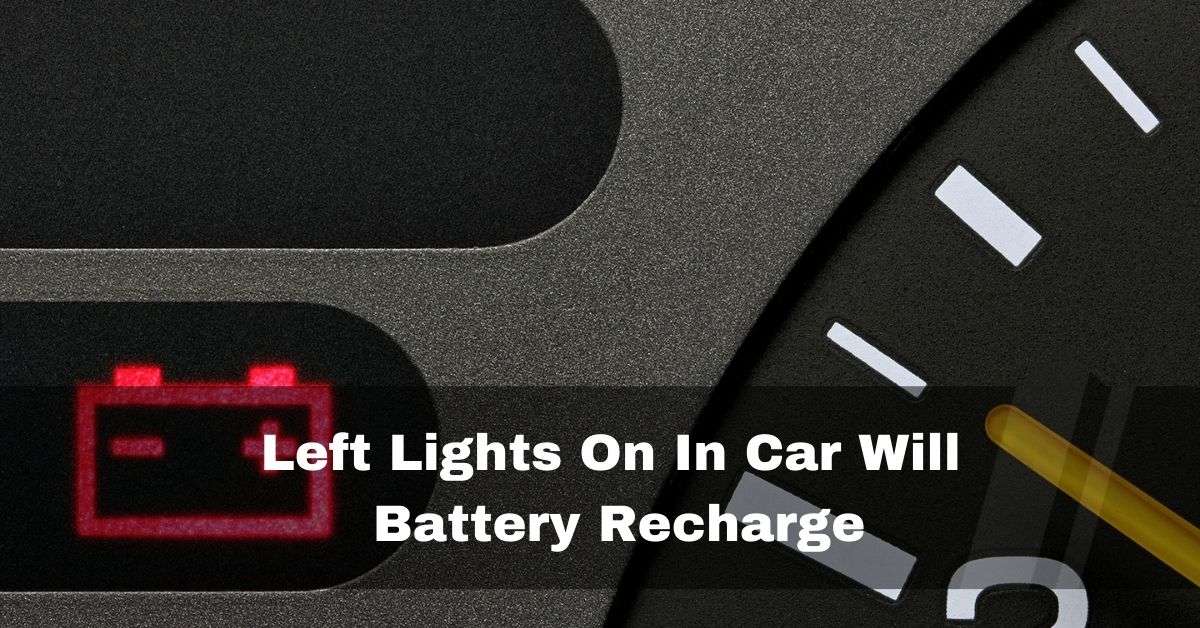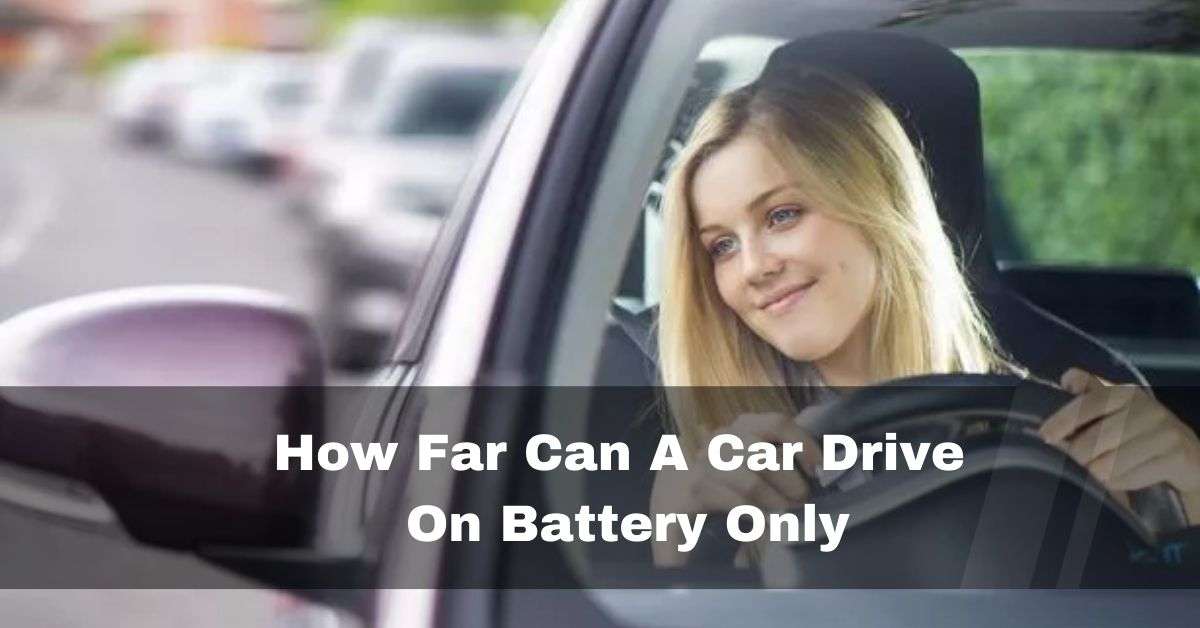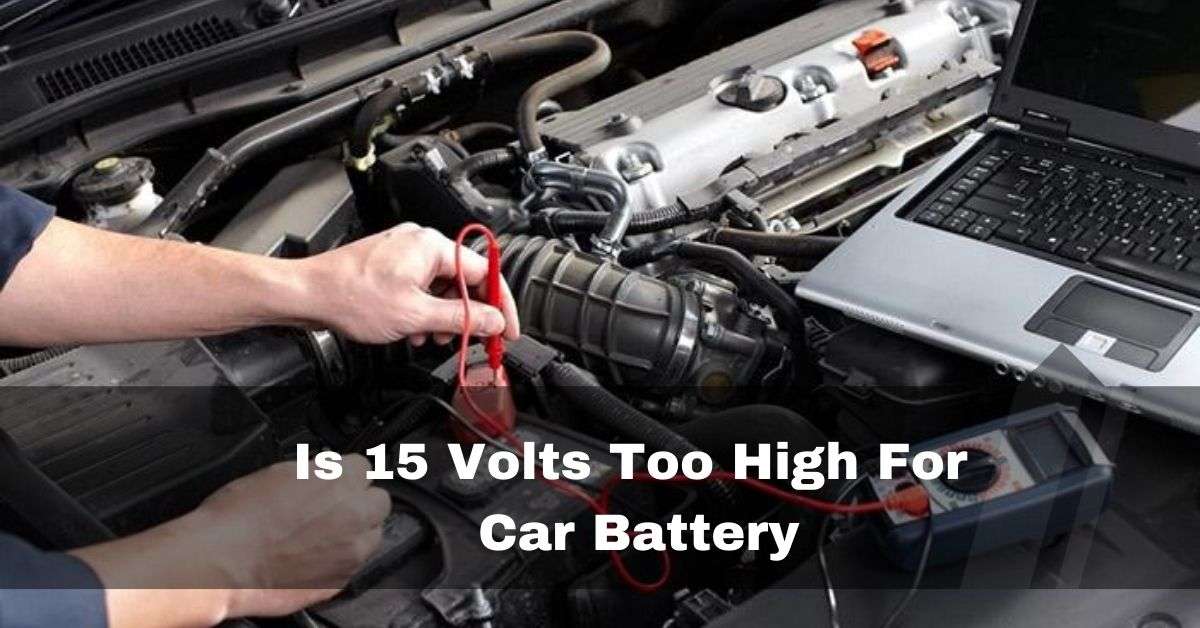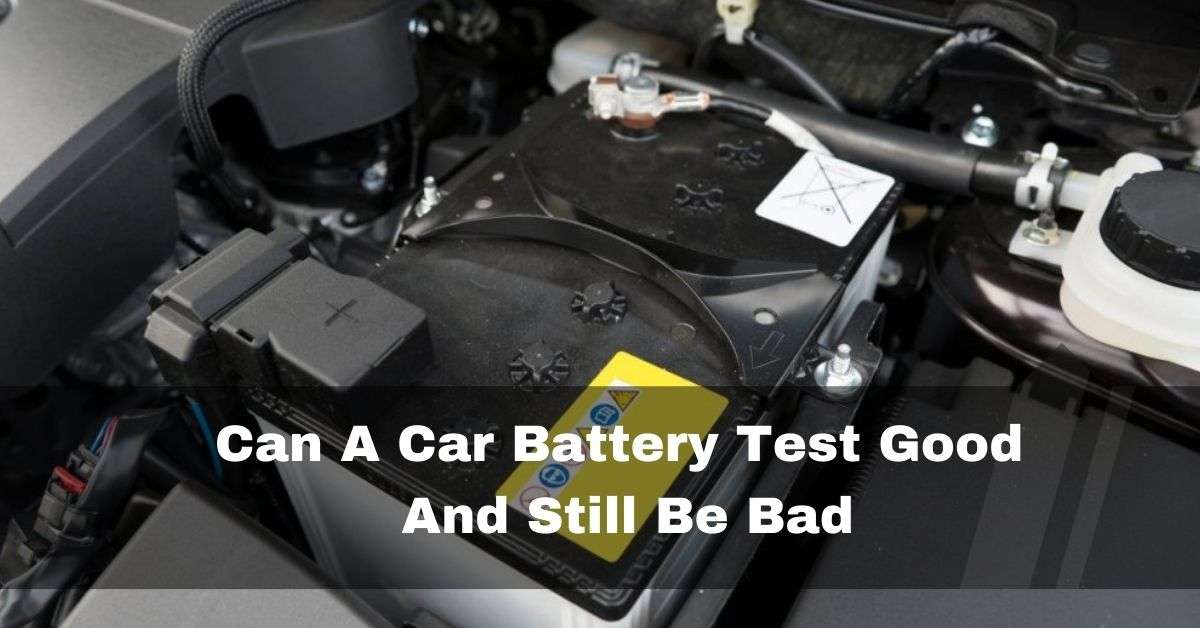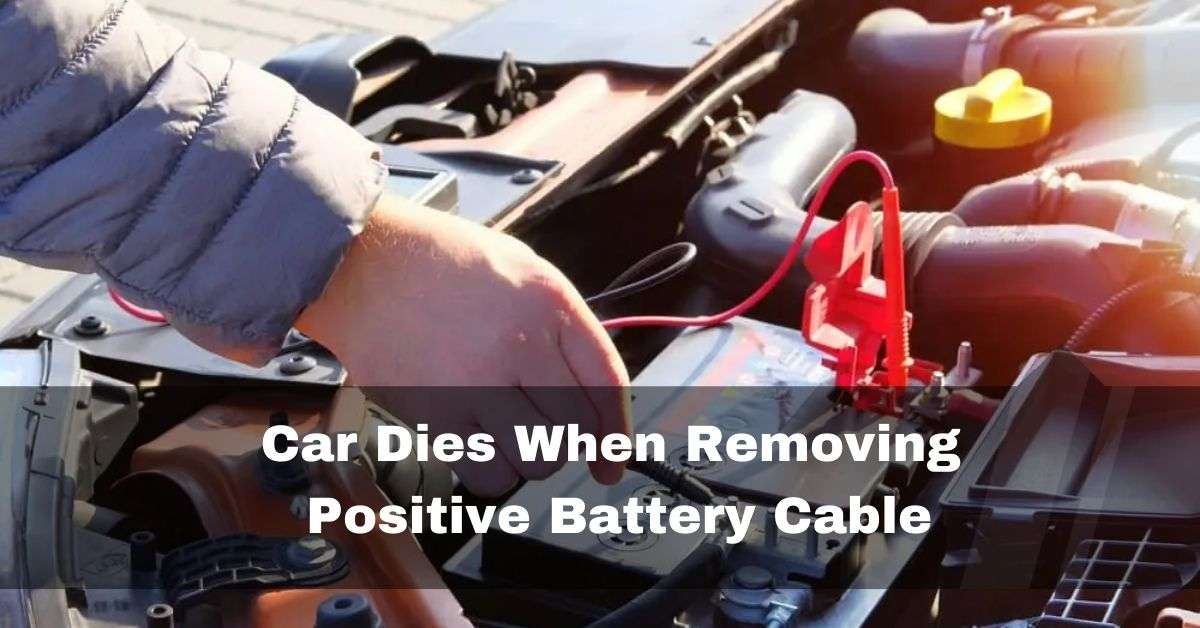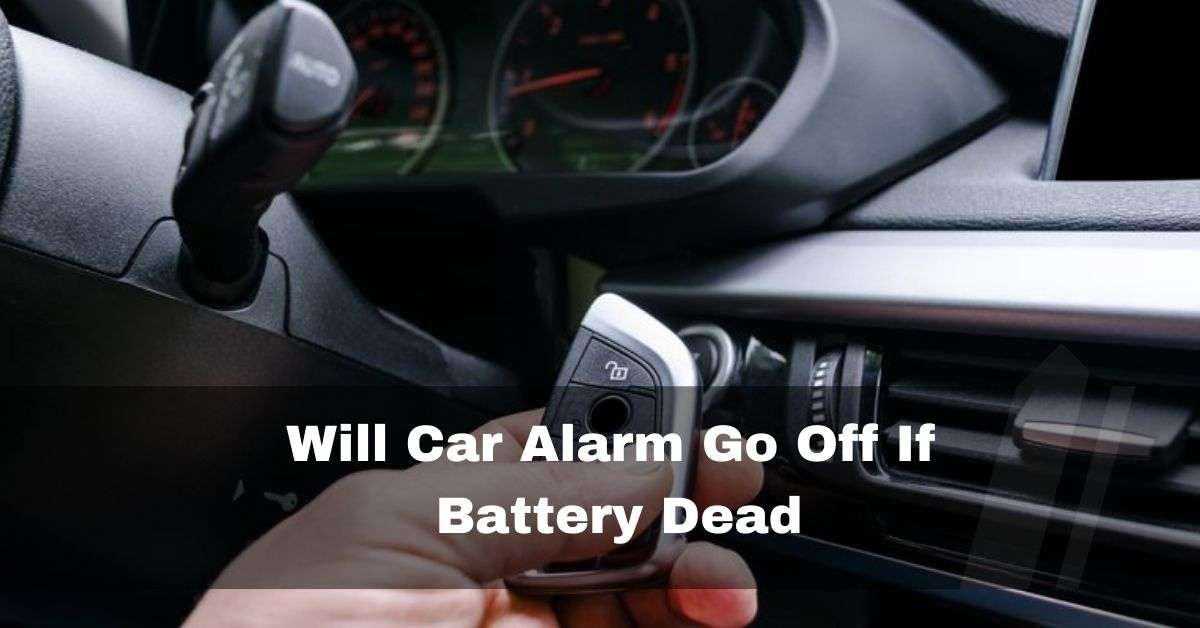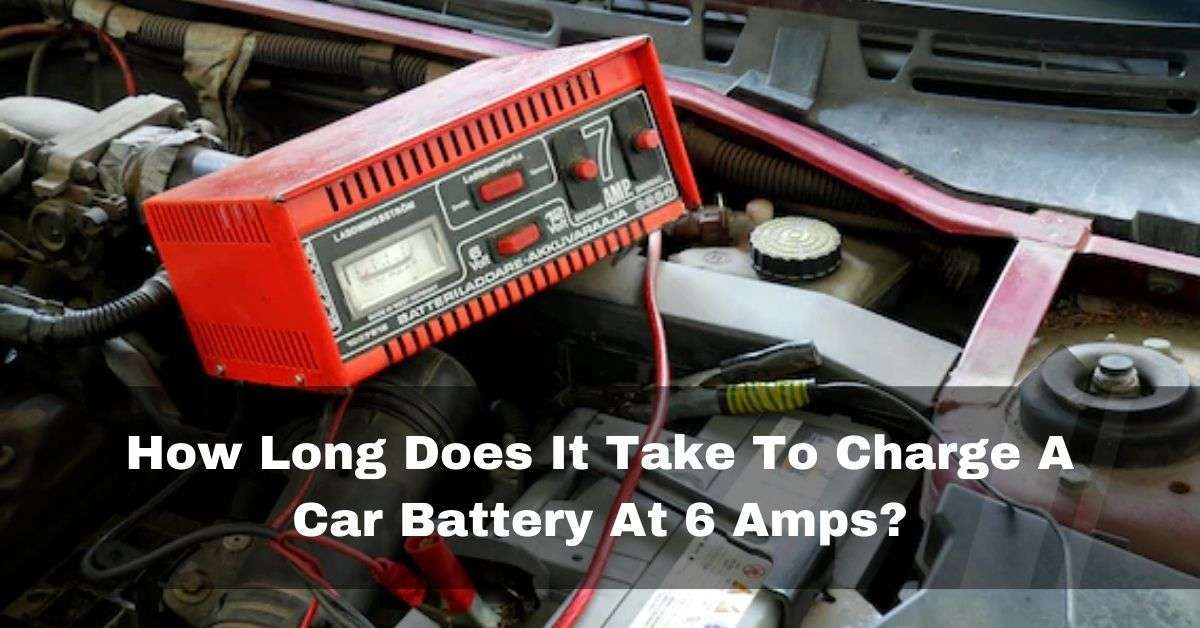Have you ever experienced the frustration of your car battery dying right after filling up with gas? I know I have, and it can be quite perplexing. Picture this: you’re at the gas station, all set to hit the road, and suddenly your car refuses to start.
Car battery dies at gas station? (Short Answer)
A few causes of your car stalling after getting gas low-quality fuel and contaminated fuel pumps. Stalling can also be caused by an EVAP purge control valve that isn’t working properly, a malfunctioning ECU, a damaged fuel gauge, and a dead battery.
Let’s explore some of the potential reasons behind a car battery giving up the ghost after a pit stop for petrol, and I’ll share some advice on how you can steer clear of these issues.
Table of Contents
Why Car Battery Dies After Getting Gas?
I’ve found myself scratching my head over this puzzling scenario, and it turns out there are a few reasons behind it.
1. Parasitic Battery Drain:
A parasitic battery drain is one possible cause of a car battery dying after refilling. It happens when a vehicle’s electrical system continues to use power even after the engine is off.

Typically, you turn off your car’s engine when you fill up with gas, making this parasitic drain more obvious. Understanding that this problem coexists with refueling rather than being directly tied to buying petrol is crucial.
Also Read: What RPM To Charge Car Battery
2. Weak Battery:
Occasionally, a weak battery may have trouble starting the engine, especially if it has made several short excursions or is near the end of its useful life.
Since you must turn off the engine to collect gas, the only power source for the vehicle’s restart is the battery. The added pressure of starting the engine after refueling can overwhelm a battery that is already vulnerable, leading to a dead battery.
3. Faulty Alternator:
A malfunctioning alternator is another potential cause of a dead battery after filling up with gas. While the engine is running, the alternator is in charge of charging the battery.

If it’s not working properly, the battery might not get enough charge, which would cause a slow loss of power. In such circumstances, the battery’s limited charge might not be sufficient to restart the automobile when the engine is turned off while refueling.
Also Read: How Long Will A Car Battery Last Without An Alternator
4. Fuel Pump Issues:
A malfunctioning fuel pump occasionally causes a car’s battery to die after filling up with gas. Delivering fuel from the tank to the engine is the responsibility of the fuel pump. If it’s not working properly, it could consume too much battery power, leaving the battery empty after recharging.
5. Electrical System Problems:
A car battery can discharge after filling up with gas due to problems with the vehicle’s electrical system, such as a short circuit or a broken part. These issues may cause a rapid loss of battery power or prevent the alternator from properly charging the battery.

6. Clogged Fuel Filters:
The purpose of the gasoline filter is to keep pollutants or debris from entering the engine.
If this component becomes blocked, fuel cannot enter the engine’s cylinders to propel your car. As a result, if your car won’t start after you’ve pumped gas, here is also the spot to look.
Also Read: How To Fix Reverse Polarity On A Car Battery
How To Fix Car Battery Dies After Getting Gas?
The next time you’re at the pump and it quits, leave the key in the on position, open the hood, and try adjusting the terminals. Suppose it dies while pumping gas but starts OK at other times.
Find the main grounds for the motor and chassis and shift them around if that doesn’t work. At the connections, shake them. In either scenario, the issue is close by if you hear the car’s electrical system kick on.
1. Addressing Parasitic Drains:
Consult a qualified mechanic who can locate and fix the root cause of your battery difficulties if you think a parasitic drain is to blame. To evaluate and identify excessive power demand, they might utilize specialized tools. They can also repair or replace any broken components.

Also Read: Car Battery Bubbling When Charging
2. Battery Replacement:
Consider replacing your battery if it is weak or nearly at the end of its useful life to avoid a bigger problem. Most batteries last three to five years, depending on usage and other variables, including climate.
3. Alternator Inspection:
It’s critical to get the alternator in your car inspected by a mechanic if you frequently suffer battery-related problems. They can establish whether the alternator is malfunctioning or not charging the battery sufficiently. Future battery drain issues can be avoided by replacing a malfunctioning alternator.

4. Fuel Pump Inspection:
Have a trained mechanic test the fuel pump if it is malfunctioning. They can determine if the fuel pump is draining the battery excessively and is the root of the problem. A defective gasoline pump should be replaced to address the issue and stop additional battery discharge.
Also Read: Car Battery Acid Spilled In The Trunk
5. Electrical System Diagnosis:
It’s essential to have a qualified mechanic identify and resolve any electrical system issues. They possess the knowledge and equipment to locate and fix wiring errors, short circuits, or broken electrical components.

By addressing these problems, battery discharge can be avoided, and the car’s electrical system can operate as intended.
6. Unclogged Fuel Filters:
- Find the fuel filter, typically near the fuel tank or pump, depending on your vehicle.
- Disconnect the battery and turn off the engine to release pressure in the fuel system.
- Remove the drain plug or adjust the filter using a fuel filter wrench to allow fuel to drain.
- Use a small brush or compressed air to clean the filter. For heavily soiled filters, consider using a solvent or gasoline filter cleaning solution.
- Reconnect the battery before replacing the filter. Start the engine and inspect for any signs of leaks.
7. Battery Jump-Start:
If you have access to jumper cables or a portable jump starter and your car battery dies after filling up, you can try jump-starting it. This short-term fix can provide you enough power to start the car, travel to a local shop for repairs, or return home safely.

However, remember that jump-starting is not a permanent solution and that a battery inspection and potential replacement should come next.
Additional Causes And Fixes Of Car Batteries Dies After Getting Gas:
Experiencing your car stalling after getting gas can be quite perplexing, and it’s something I’ve personally encountered. There are several potential reasons behind this issue, each requiring specific solutions. Let’s dive into some common culprits and how to address them:
Low-Quality Fuel:
- Issue: Poor-quality or contaminated fuel can lead to engine performance problems, including stalling.
- Solution: Choose reputable gas stations with a history of providing clean and high-quality fuel. Consider using fuel additives to clean the fuel system.
Also Read: The Car Battery Has Voltage But No Amps
Contaminated Fuel Pumps:
- Issue: If the fuel pumps are contaminated or failing, it can disrupt the proper flow of fuel to the engine.
- Solution: Regularly maintain your vehicle and replace the fuel filter as recommended by the manufacturer. If the fuel pump is malfunctioning, it may need to be repaired or replaced.
Malfunctioning ECU (Engine Control Unit):
- Issue: A malfunctioning ECU can lead to incorrect fuel injection and engine stalling.
- Solution: Consult with a professional mechanic to diagnose and repair issues with the ECU. This might involve reprogramming or replacing the unit.
Ineffective EVAP Purge Control Valve:
- Issue: The EVAP system is responsible for controlling fuel vapors. If the purge control valve is ineffective, it can lead to stalling.
- Solution: Replace the faulty EVAP purge control valve. Regular maintenance can help prevent such issues.
Also Read: Why Is My Car Battery Showing 15 Volts
can a bad fuel pump cause the battery to die?
Yes, a bad fuel pump itself wouldn’t directly cause the battery to die. However, as you rightly pointed out, there could be a chain reaction of issues that might lead to a drained battery and, consequently, a stalled car.

If the battery is not being charged by the alternator due to issues such as a snapped or incorrectly tensioned belt, a faulty alternator, or a malfunctioning voltage regulator, the electrical components in your vehicle, including the fuel pump, can draw power directly from the battery.
can running out of gas kill your battery?
Yes, running out of gas itself typically doesn’t directly affect the battery. The increased workload for the fuel pump can draw more power from the electrical system, which includes the car’s battery. If the battery is already weak or nearing the end of its life, the extra strain from the extended running time of the fuel pump could potentially drain the battery to a point where it becomes difficult to start the car.
is my car out of gas or dead battery?
If your car won’t start, it can be challenging to pinpoint the exact issue. Here are some indicators that can help you determine whether the problem is related to running out of gas or a dead battery:
Signs of Running Out of Gas:
- Engine Turns Over: When you turn the key, the engine cranks or turns over, but it doesn’t start.
- Check Fuel Gauge: Check your fuel gauge to see if it indicates an empty or near-empty tank.
- Fuel Warning Light: If your car has a low fuel warning light, check if it’s illuminated.
Also Read: How Long Does It Take To Charge A Car Battery At 6 Amps
Signs of a Dead Battery:
- No Cranking Sounds: When you turn the key, there are no cranking sounds, and the engine doesn’t turn over.
- Dim Lights: The lights on the dashboard or interior lights may appear dim or not work at all.
- Clicking Sound: You may hear a clicking sound when you turn the key, indicating a lack of electrical power.
What to Do:
- Check Fuel Gauge: If your fuel gauge shows that you have gas, and you didn’t receive a low fuel warning, it’s less likely to be an out-of-gas issue.
- Listen for Fuel Pump: When you turn the key to the “ON” position (without starting the engine), listen for a humming sound from the fuel pump. If you don’t hear anything, it may indicate a fuel-related problem.
- Jump-Start Attempt: If you suspect a dead battery, you can try jump-starting the car using jumper cables and another vehicle. If the engine starts, it’s likely a battery issue.
related Questions:
1. Why does my car run bad after getting gas?
Potential causes for rough idle include dirty fuel injectors, clogged air filters, bad spark plugs, or exhaust system problems.
2. Why is my car having trouble starting after getting gas?
If your car struggles to start after filling up, it may be due to a stuck EVAP purge valve, fuel filter, or fuel pump issues. Check the “Check Engine” light with an OBD-II scanner for a diagnosis
3. Can a fuel pump drain your battery?
Unlikely for the fuel pump to drain the battery, as its primary role is fuel delivery, not battery consumption.
4. Why does my car die after starting unless I give it gas?
Stalling issues may arise without proper air filter support, leading to debris accumulation in the engine area.
5. Will your car start if you run out of gas?
Running out of gas causes an immediate shutdown, posing risks of distraction and panic during driving.
6. How long do car batteries last without gas?
Store the battery in a dry place at 40-60 degrees for longevity, lasting from six weeks to six months. Recharge every three months.
7. Does battery have anything to do with fuel pump?
While a bad battery may not directly cause fuel pump failure, it can contribute to electrical issues affecting the fuel pump’s operation in a modern car.
8. Why Did My Battery Die When I Ran Out Of Gas?
If the battery is already weak, the extra time the fuel pump needs to run to transfer fuel to the engine could be enough to drain it so much that the car won’t start.
9. Can A Fuel Pump Drain Your Battery?
Yes, the fuel pump could only discharge the battery if it was running continuously. A typical automotive battery has a capacity of 48–64 ampere-hours, while a fuel pump uses 6–10 amps, depending
10. Can A Fuel Filter Cause Loss Of Power?
Yes, the engine won’t be able to operate at its best if the gasoline filter becomes clogged and the proper amount of fuel does not enter the engine chamber. While accelerating, you’ll experience a lack of power and occasionally brief jerks.
Conclusion:
I’ve been in a situation where my car battery seemingly decided to call it quits after refueling, and it was indeed a perplexing experience. However, it’s important to understand that the act of refueling itself isn’t the culprit. In my case, this unexpected behavior was influenced by factors such as parasitic drains, an aging battery, and a slightly malfunctioning alternator. You may reduce your chances of being left at the gas station with a dead battery through regular vehicle maintenance, prompt attention to any issues, and awareness of battery degeneration signs.
Also Read:
- Why Does My Car Battery Get Hot When Charging
- Can Bottled Water Be Added To A Battery
- Car Alarm Goes Off When Charging Battery
- Will Car Alarm Go Off If Battery Dead
References:
- https://www.carparts.com/blog/7-reasons-why-your-car-stalls-after-getting-gas/
- https://www.reddit.com/r/MechanicAdvice/comments/a7hhq7/my_car_battery_dies_after_i_pump_gas/
- https://www.traverseforum.com/threads/battery-dead-killed-after-filling-gas-tank.4669/
- https://www.quora.com/If-the-battery-s-dead-and-you-re-almost-out-of-gas-is-it-all-right-to-leave-a-vehicle-running-at-the-gas-pump-after-jump-starting-it
- https://www.quora.com/Can-running-out-of-gas-cause-your-battery-to-die
